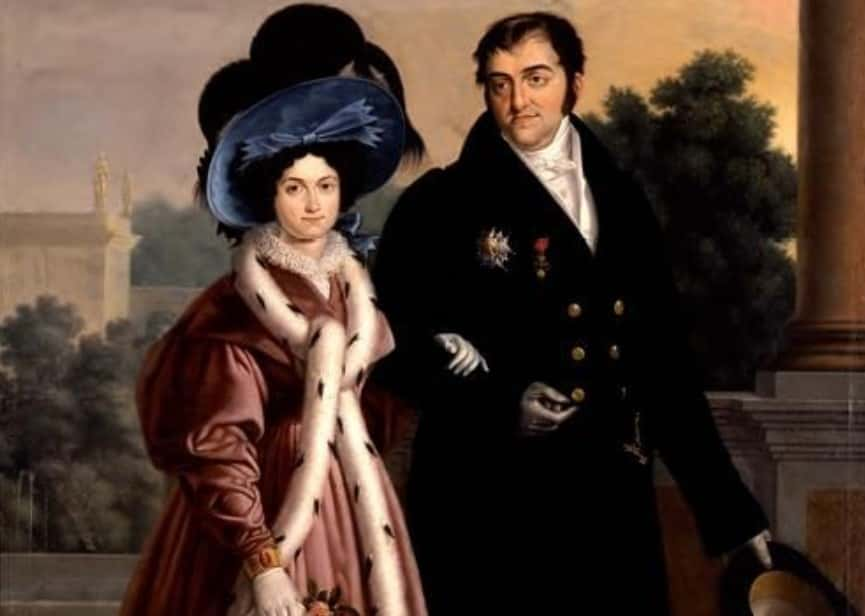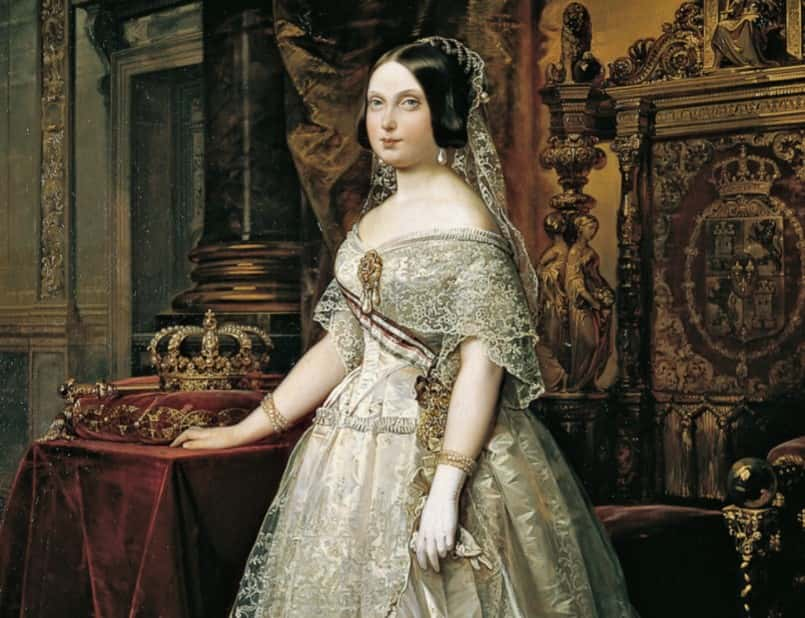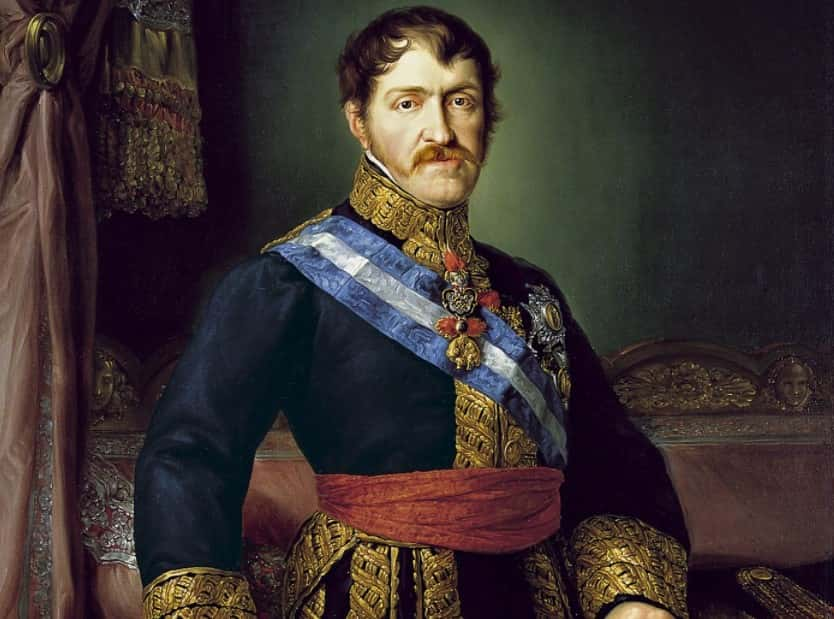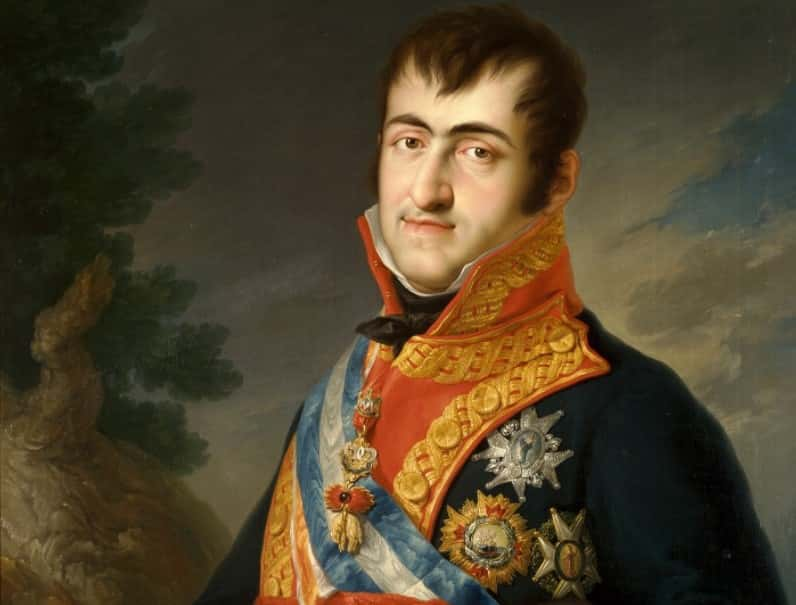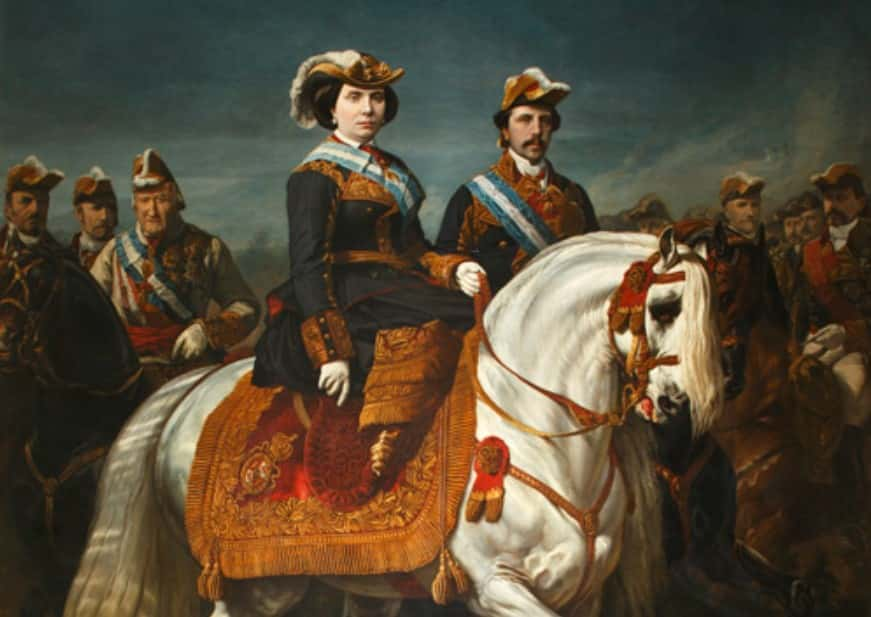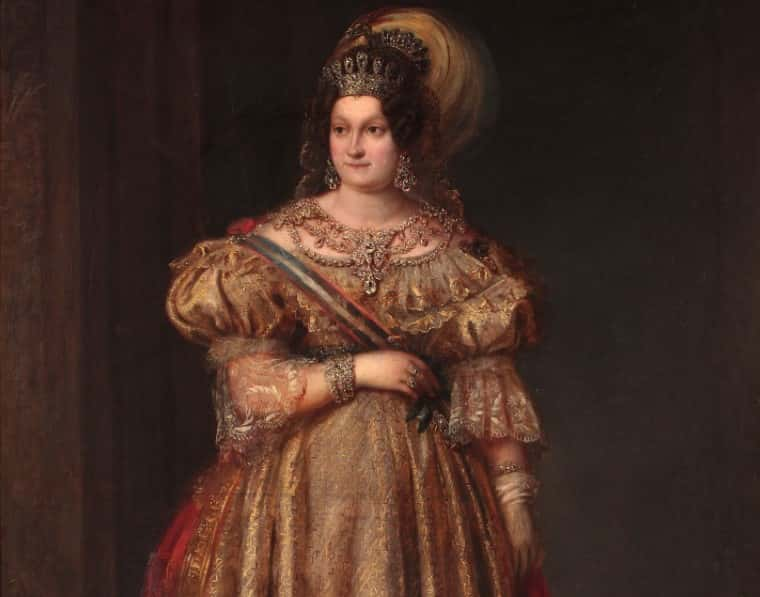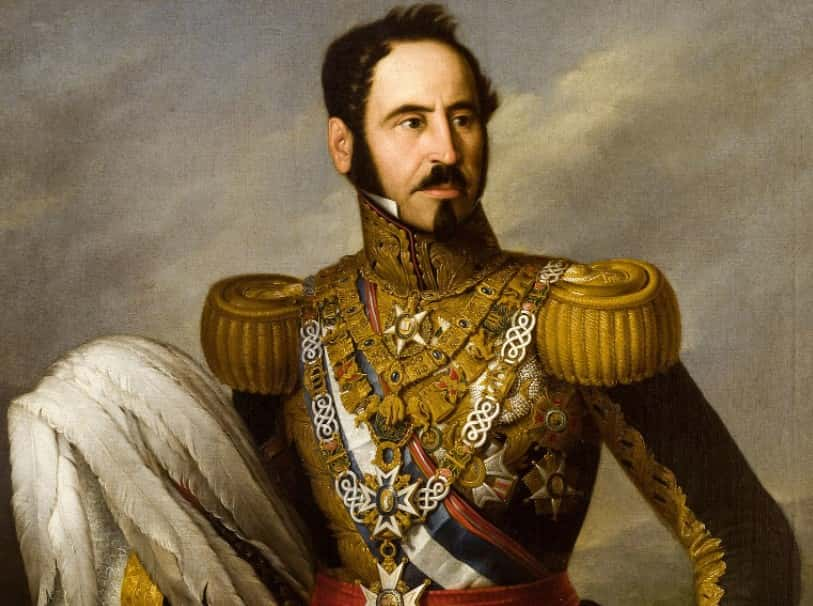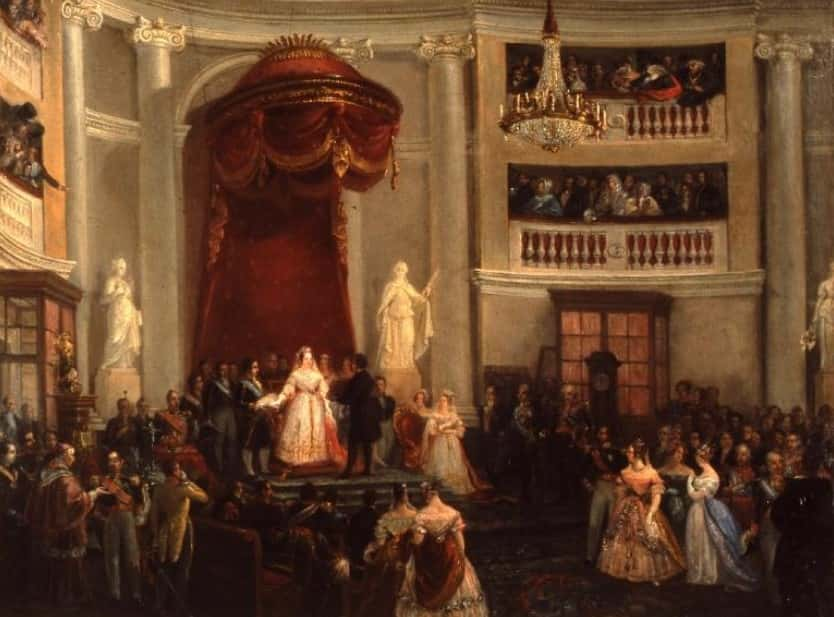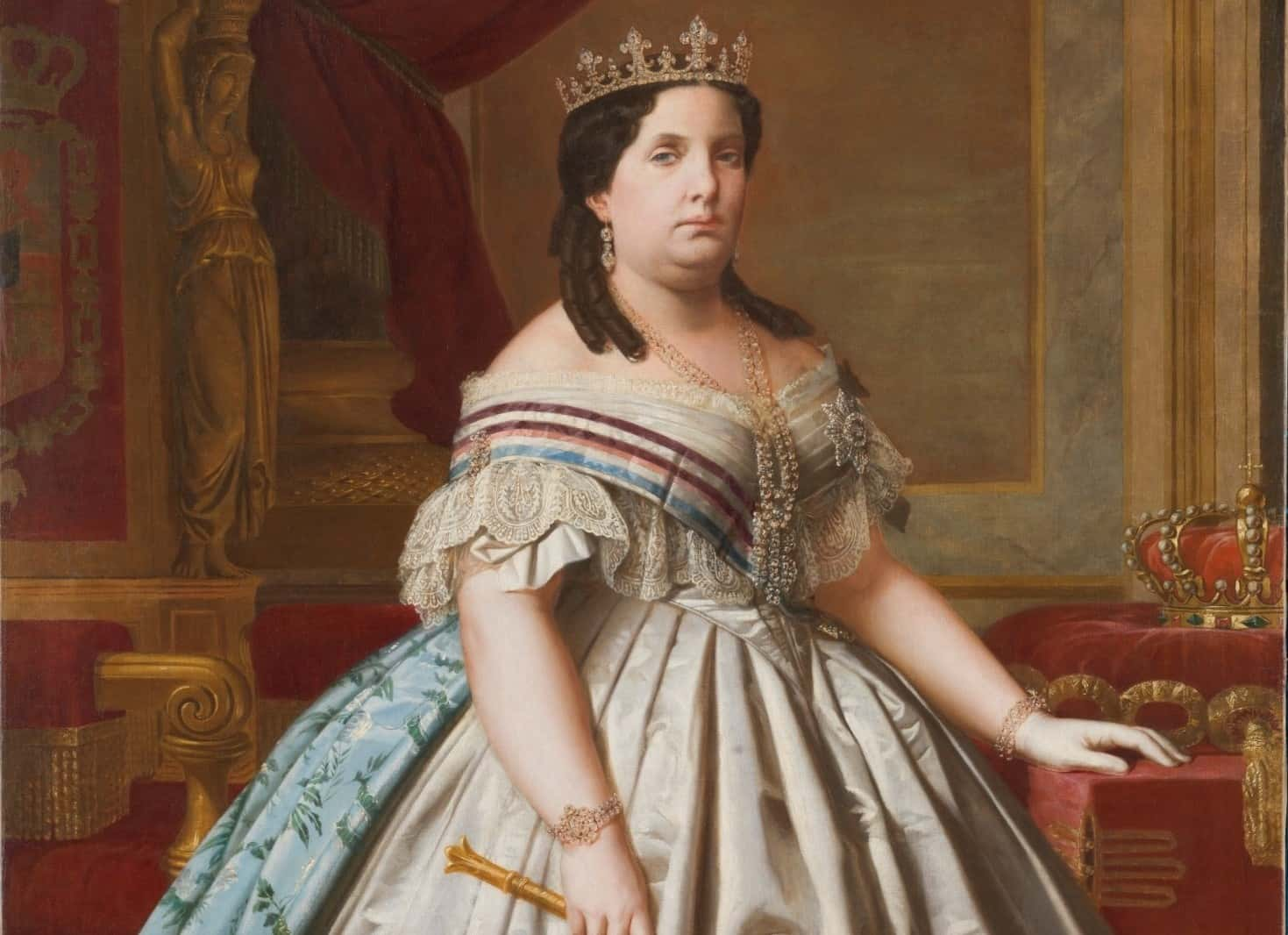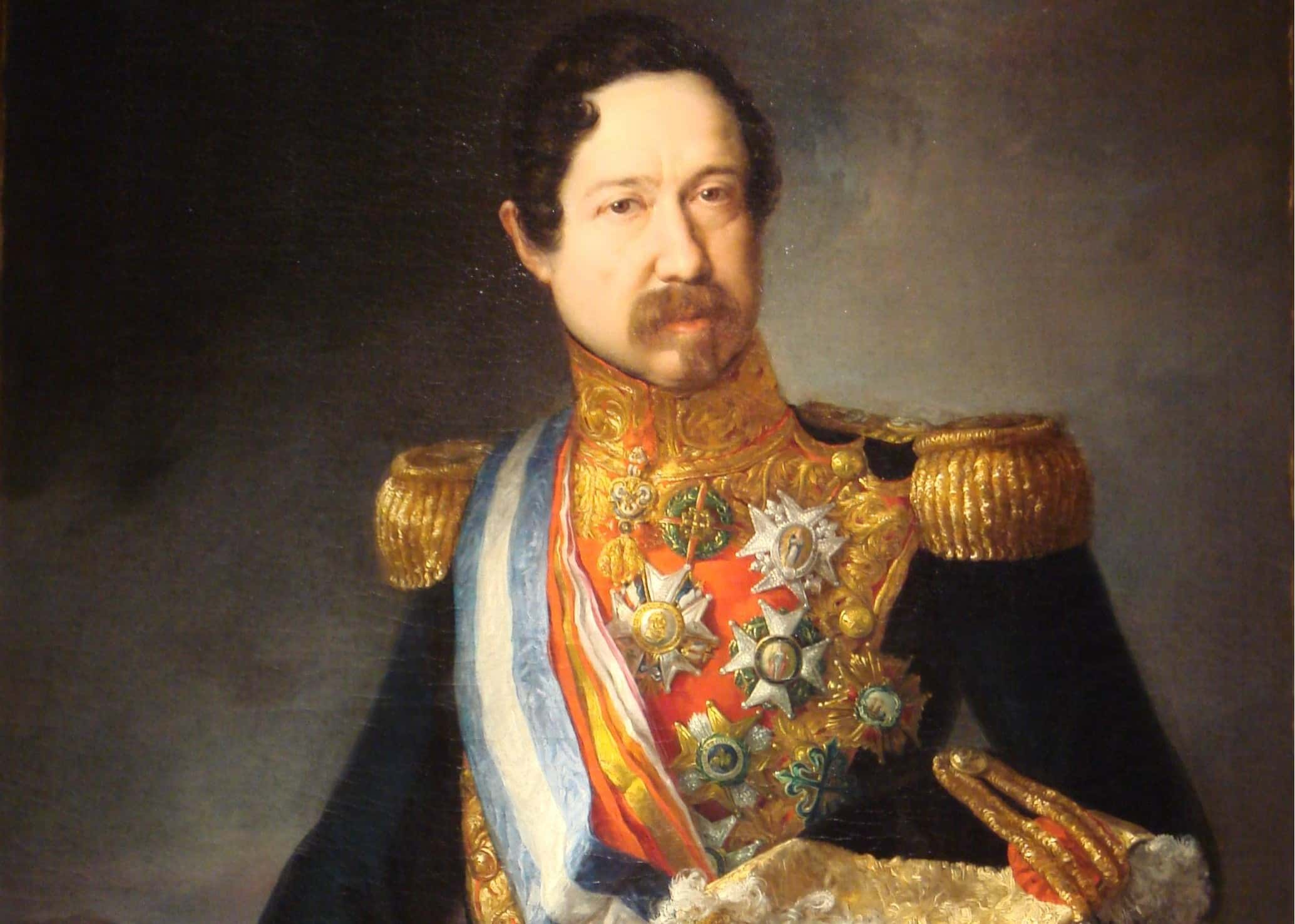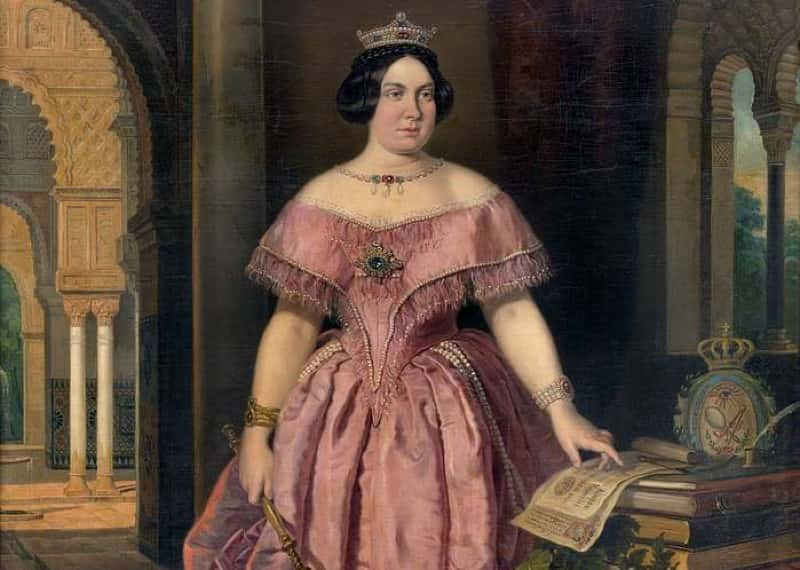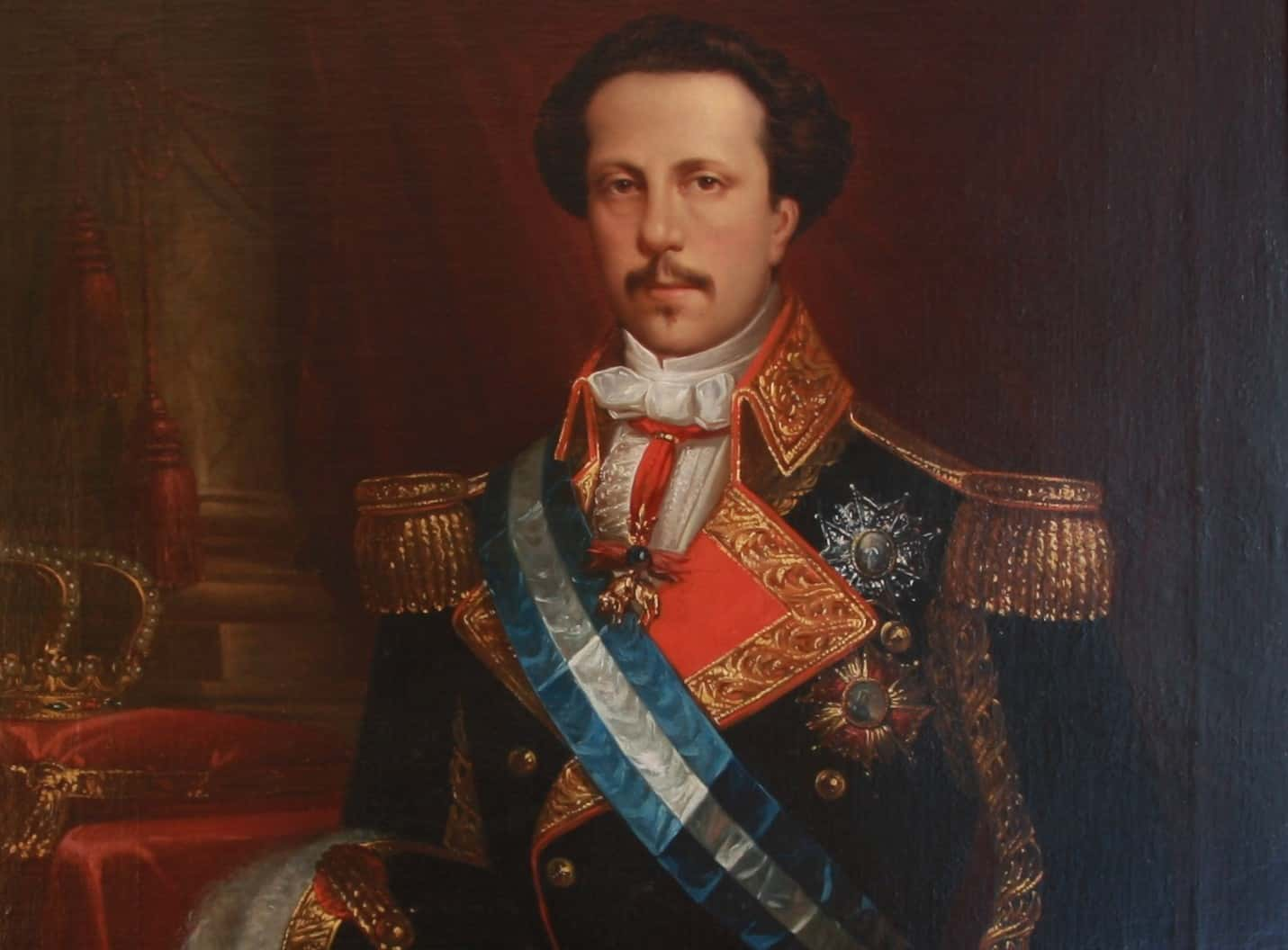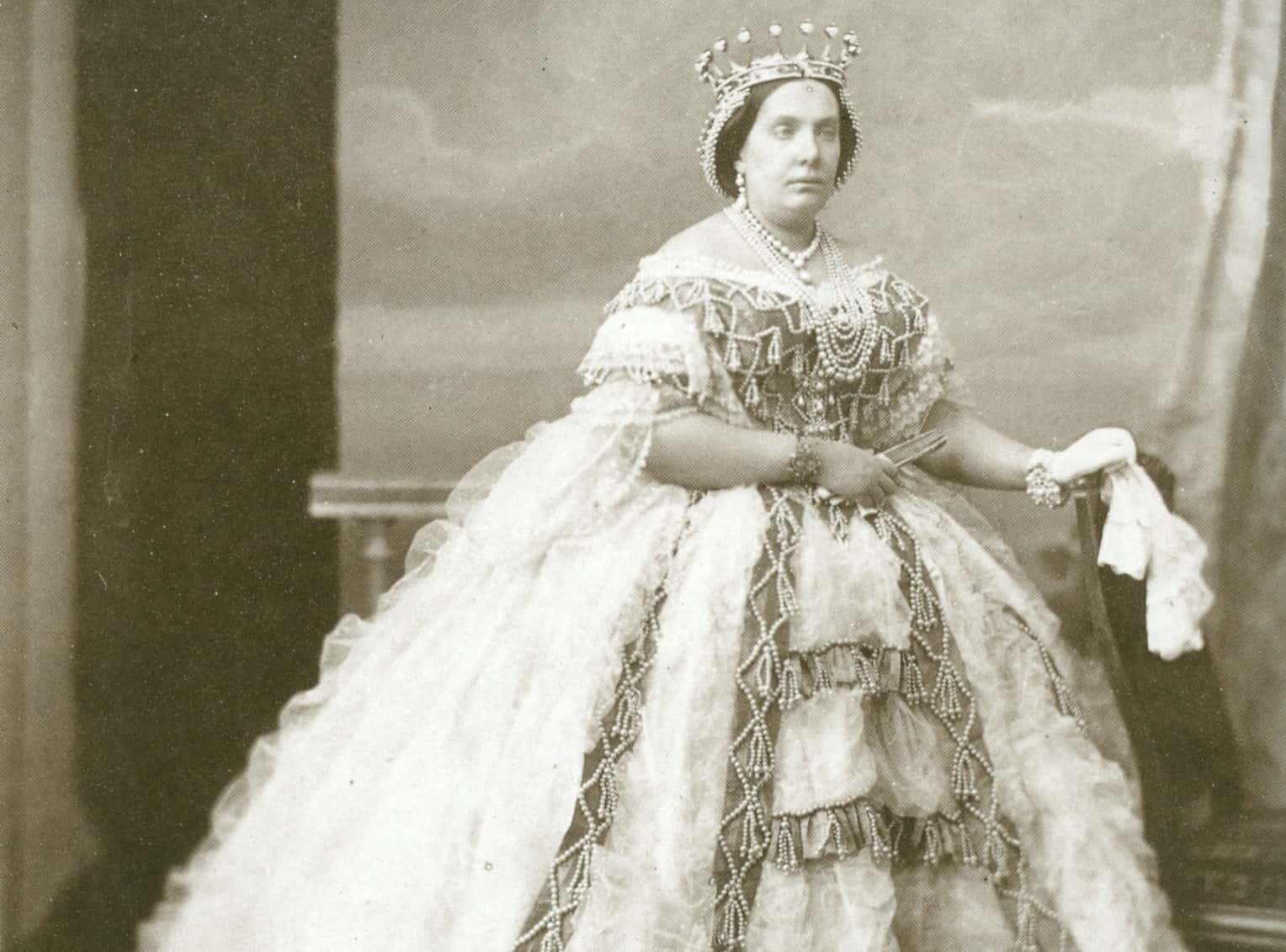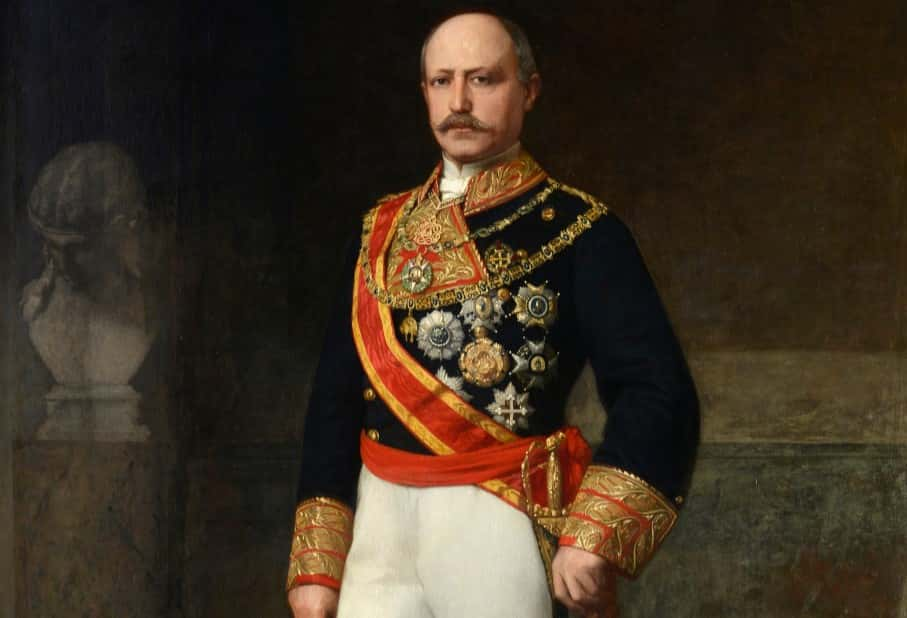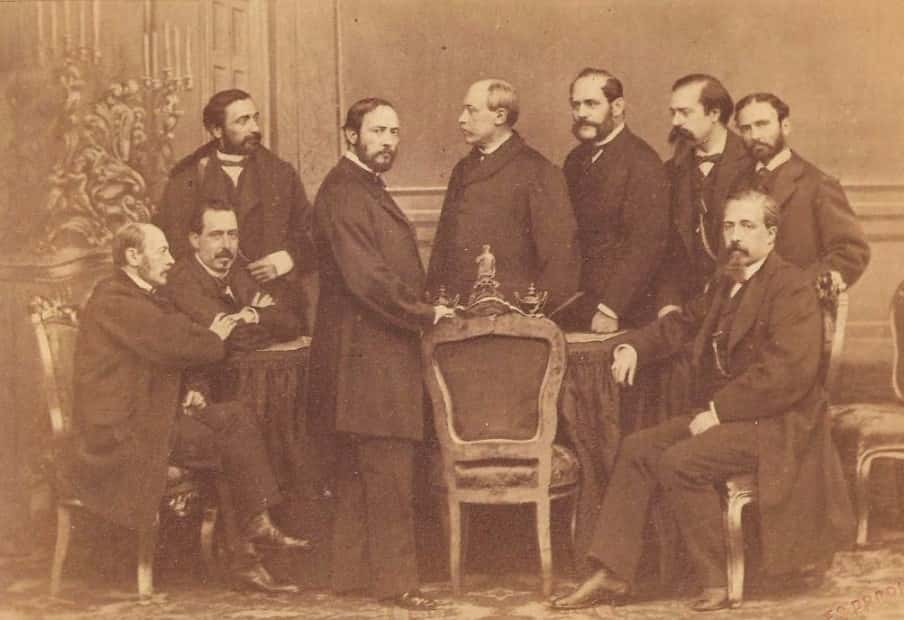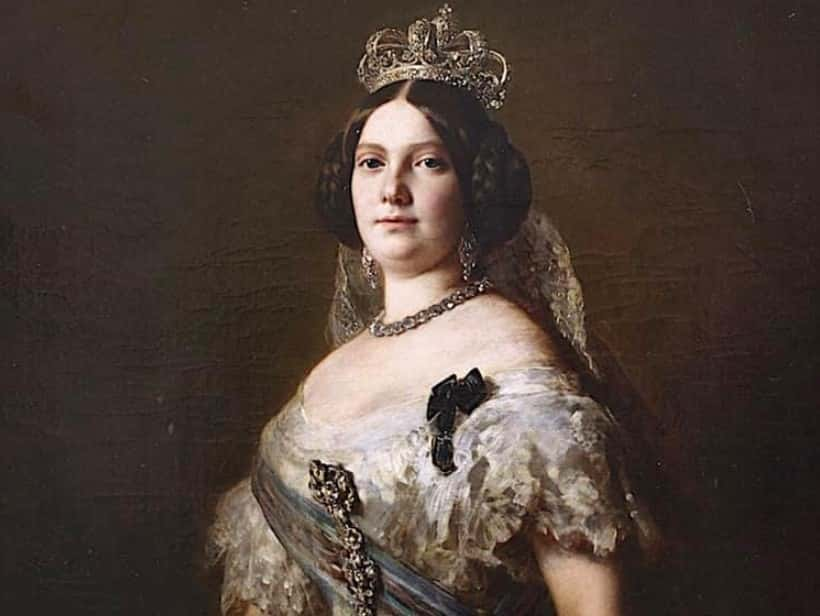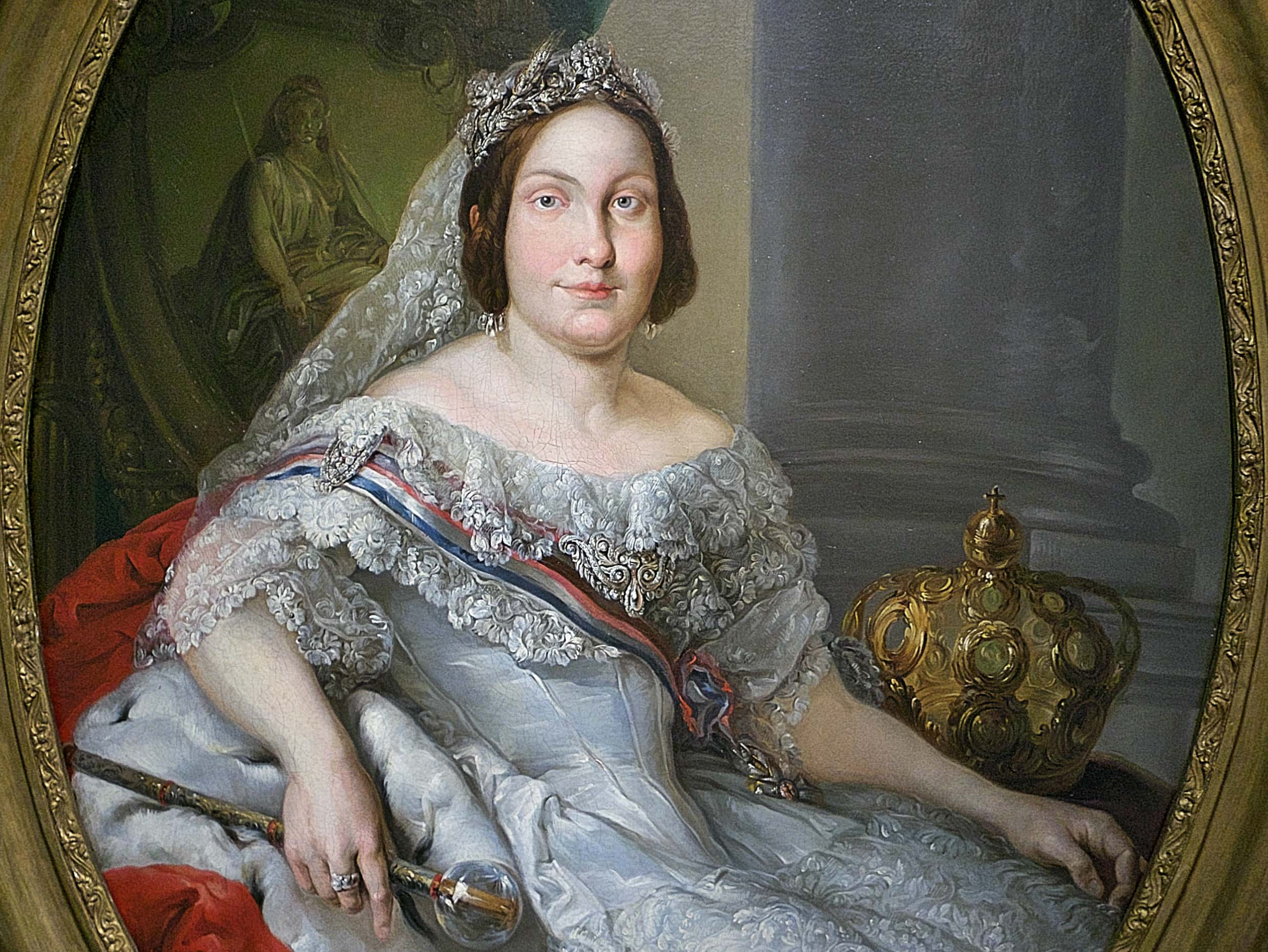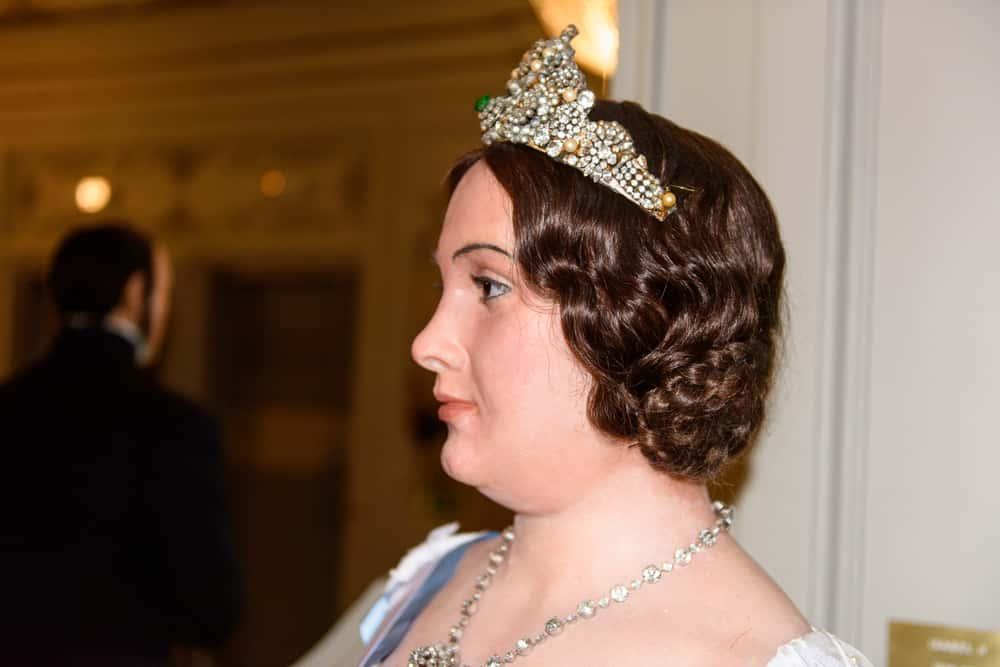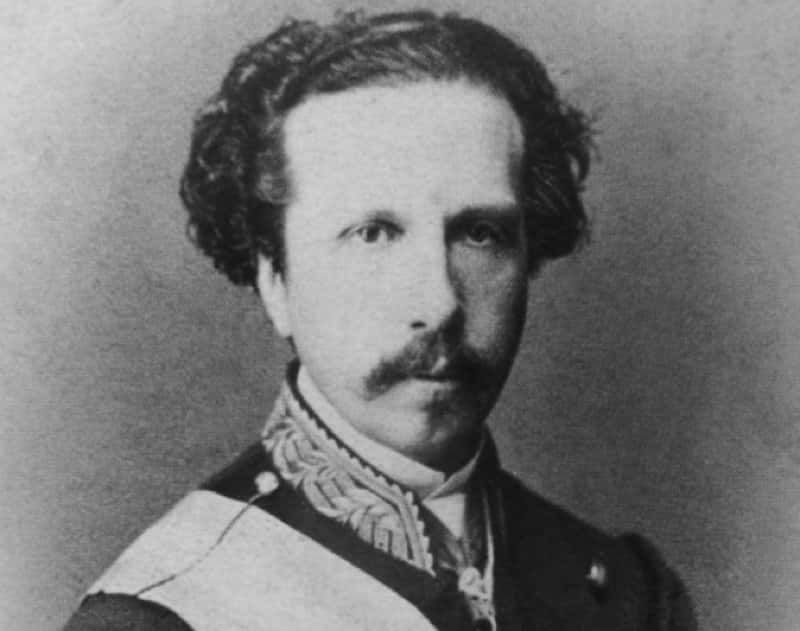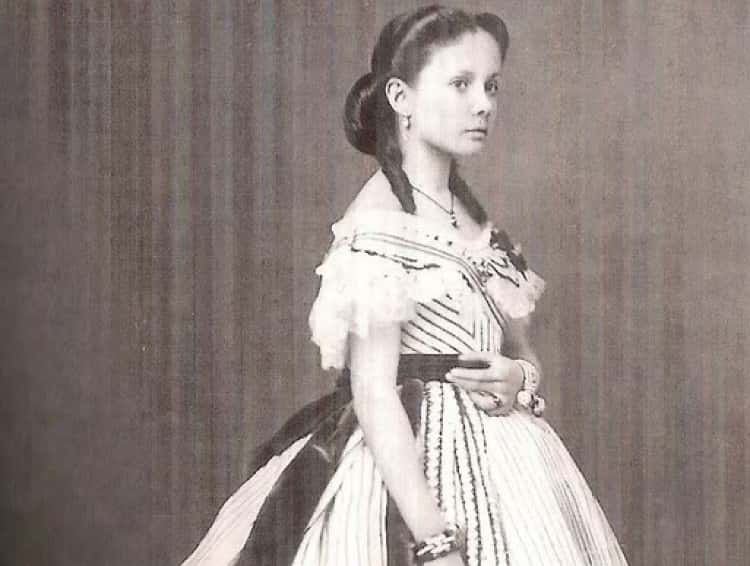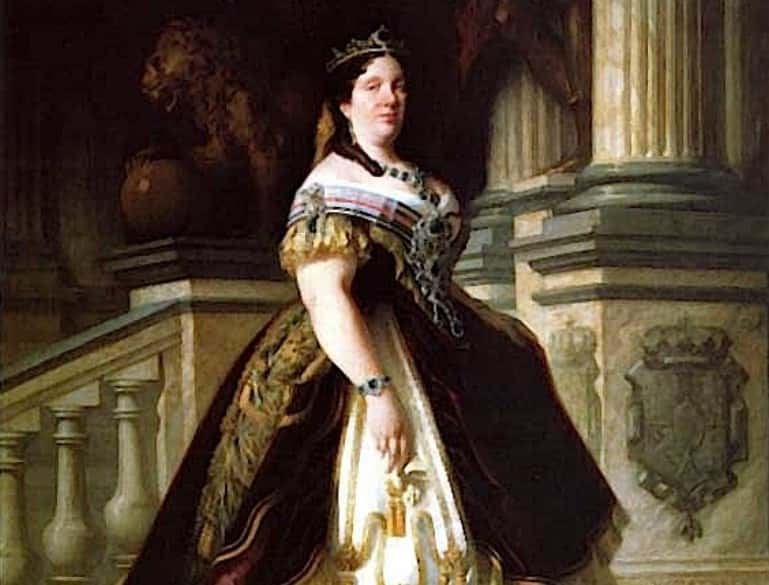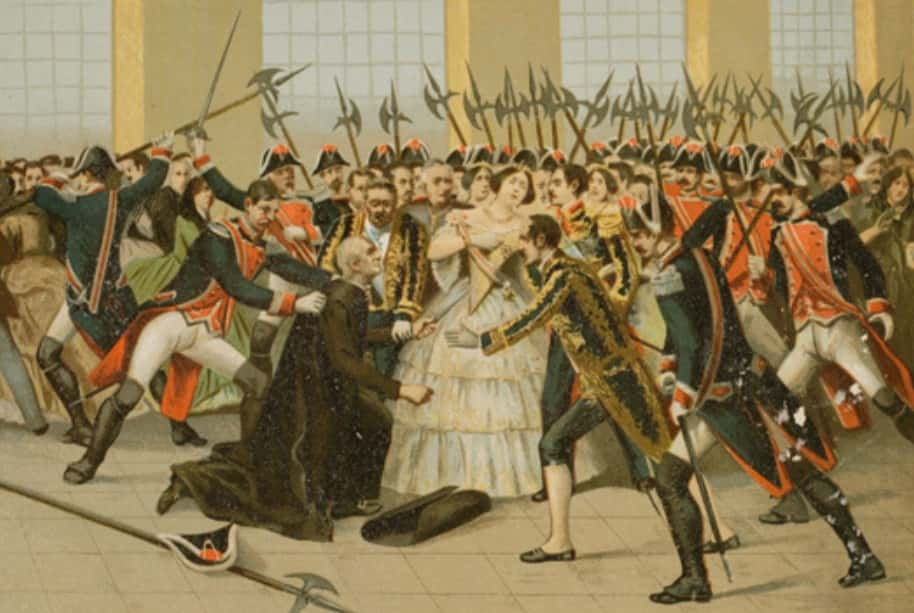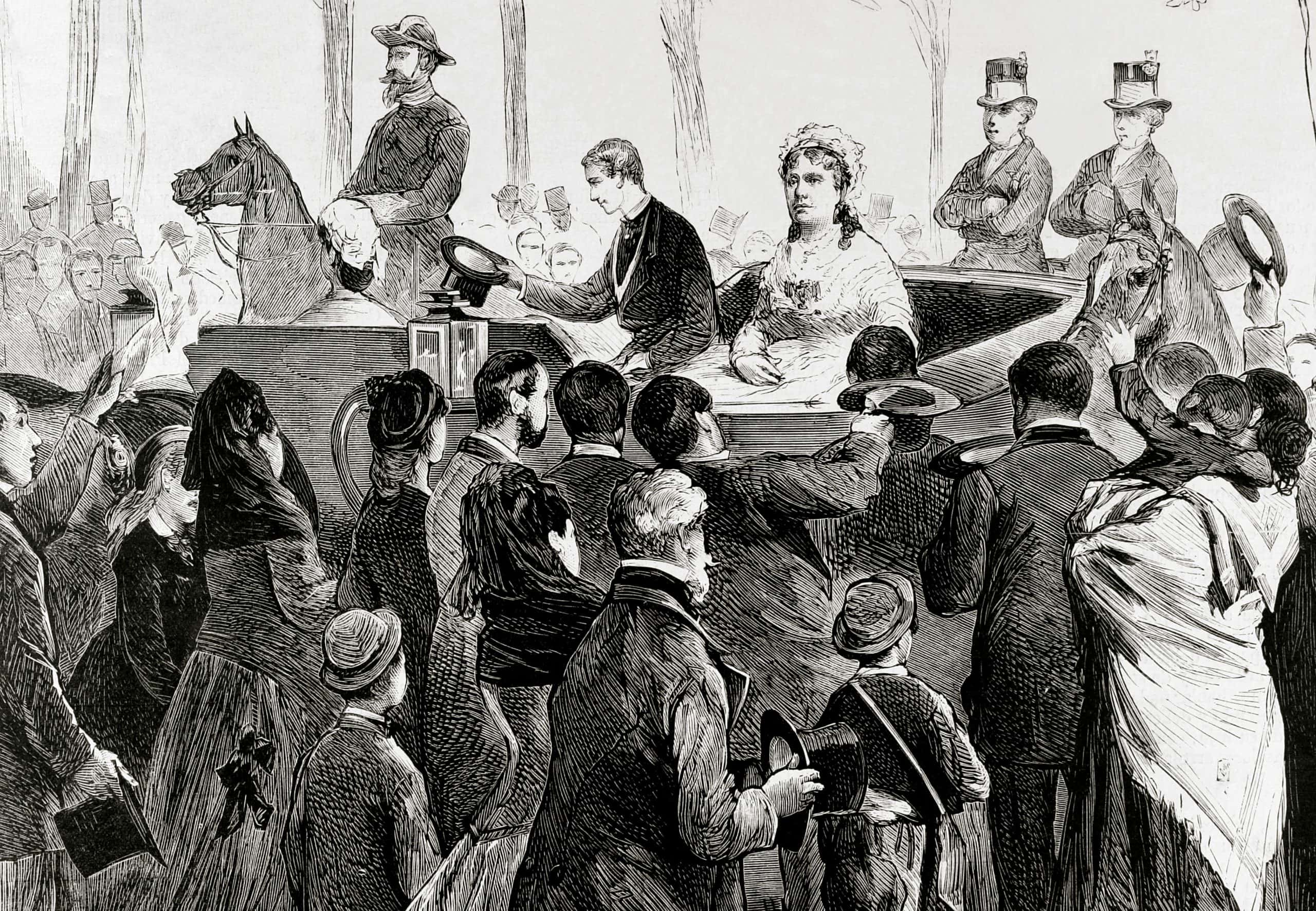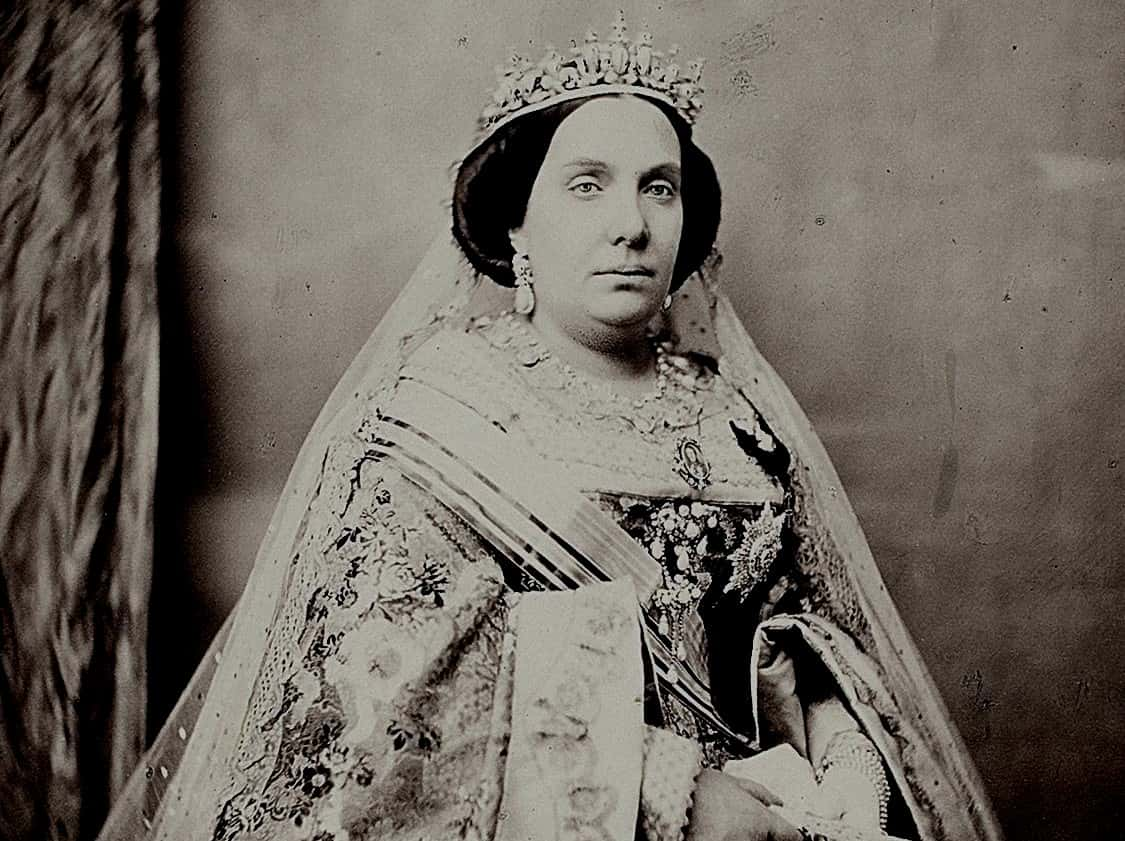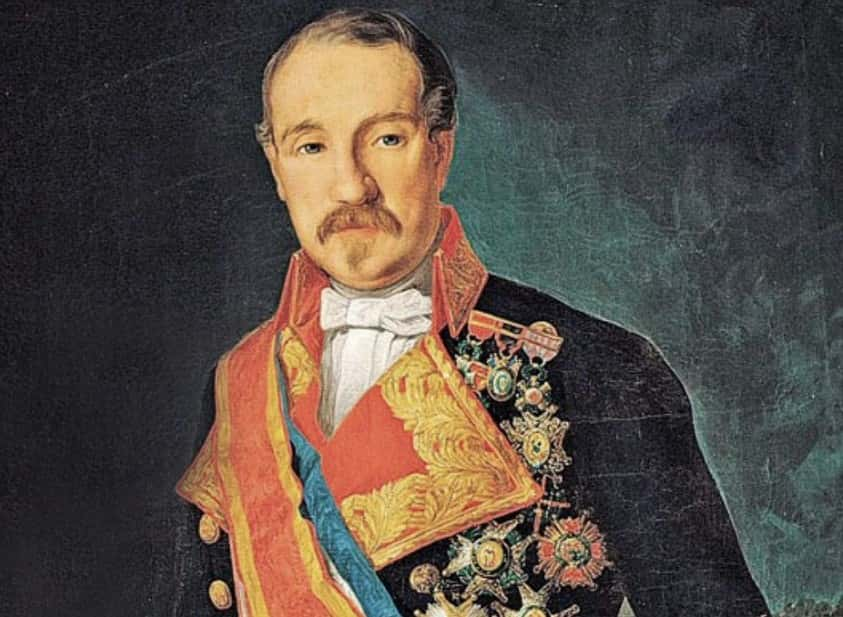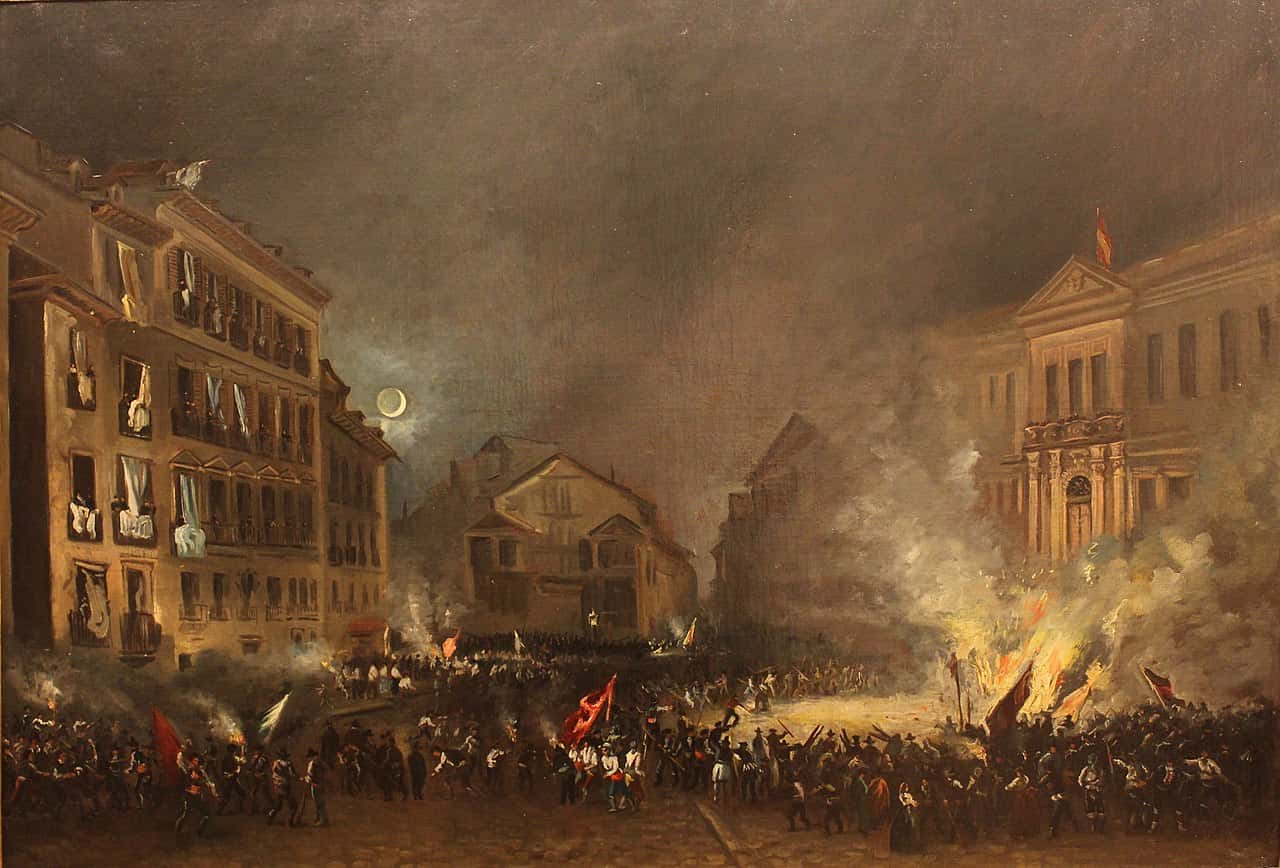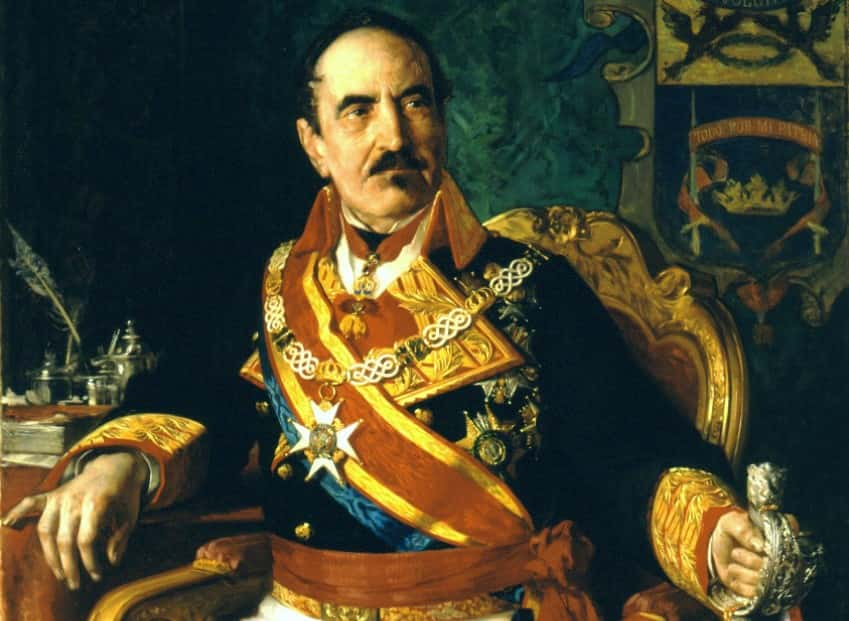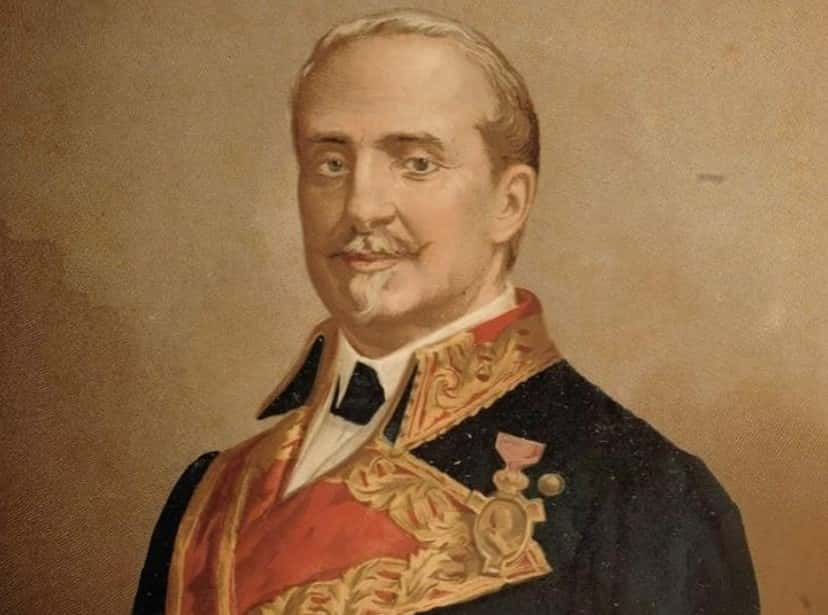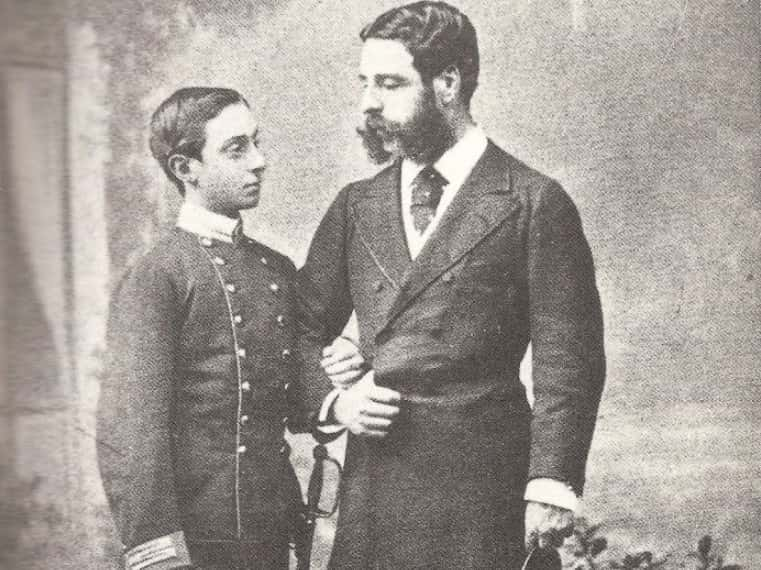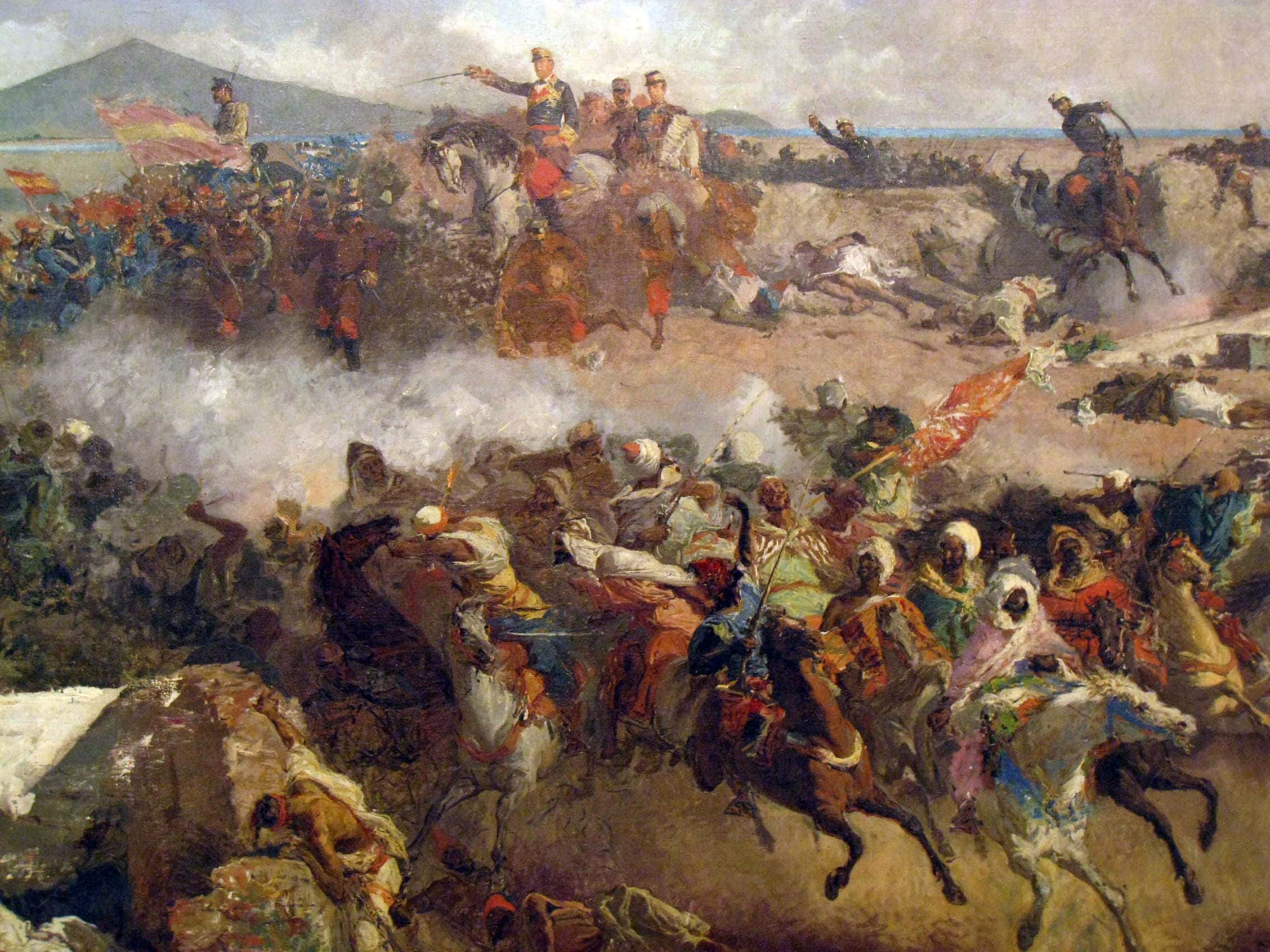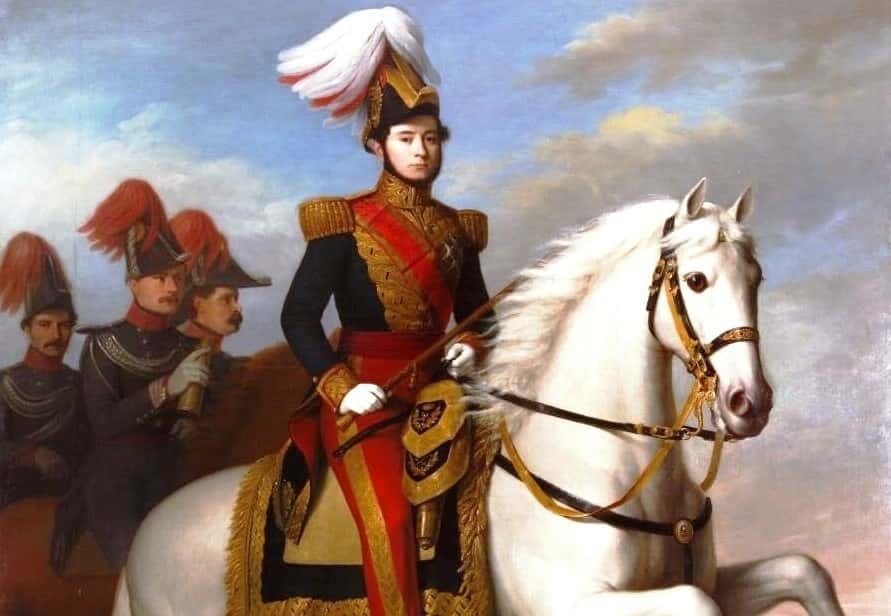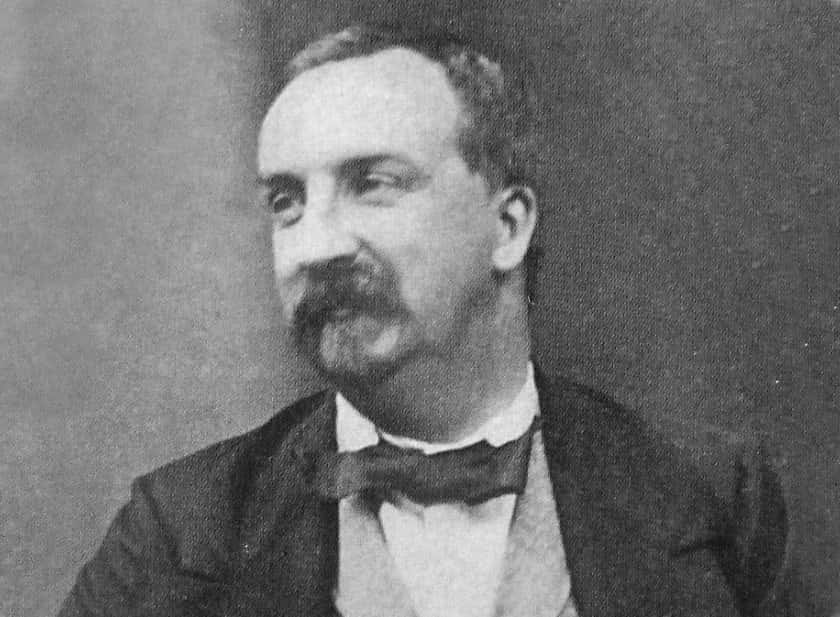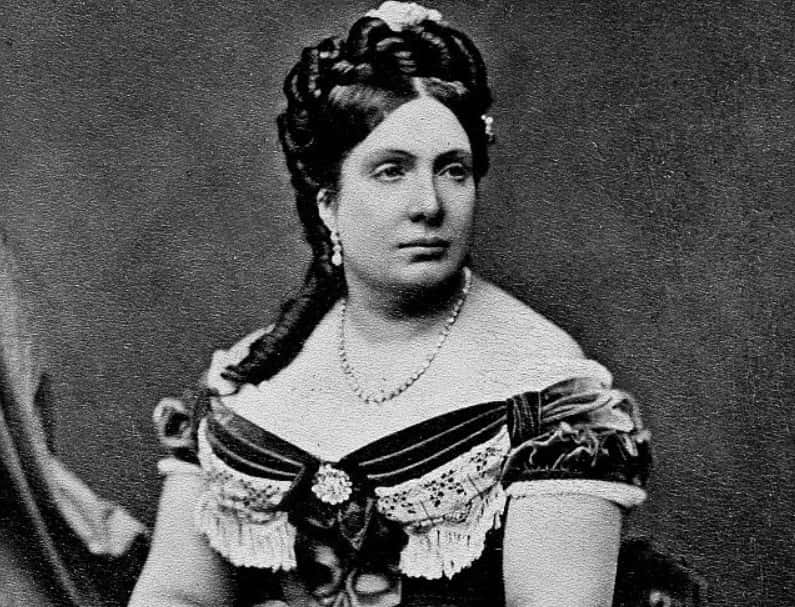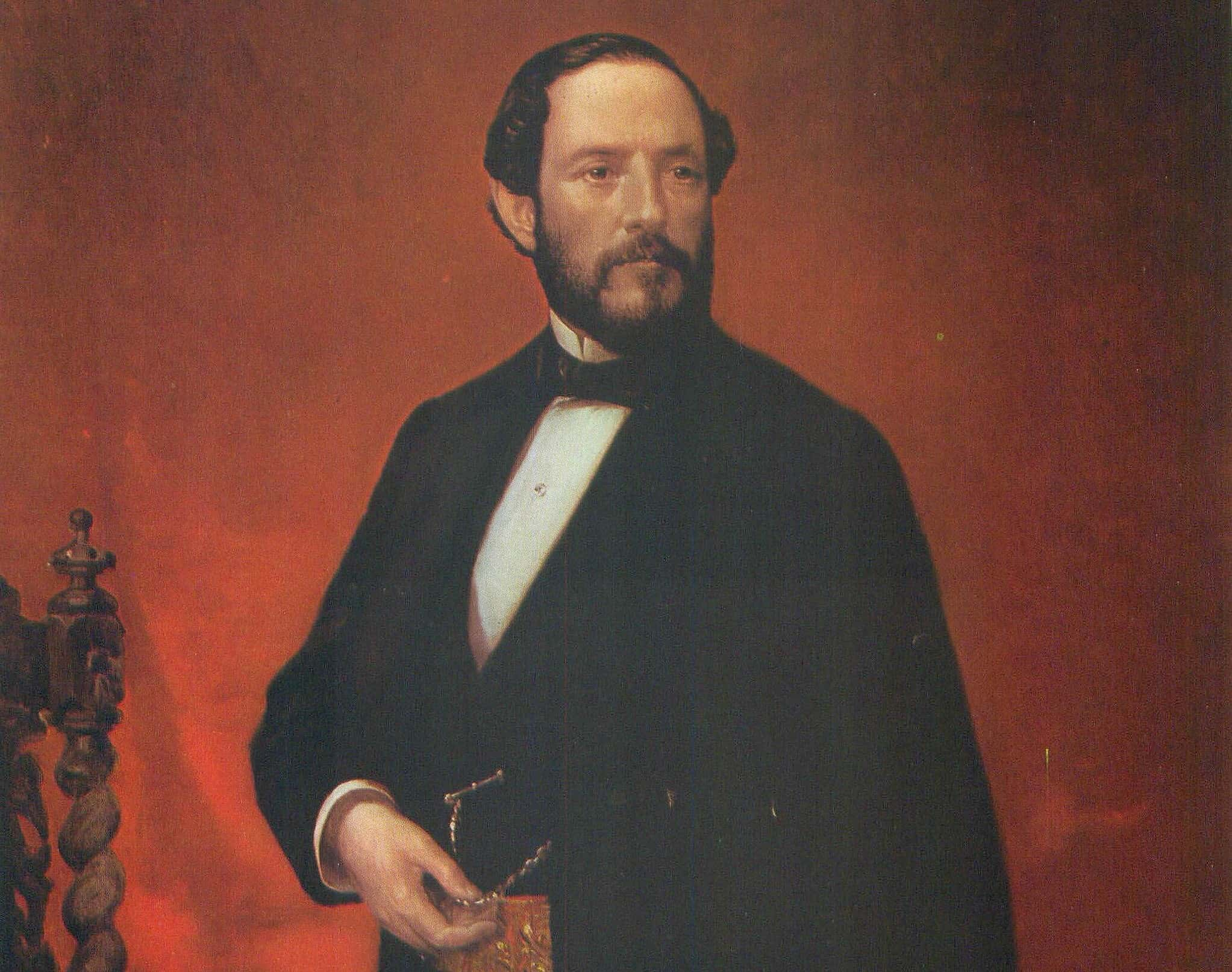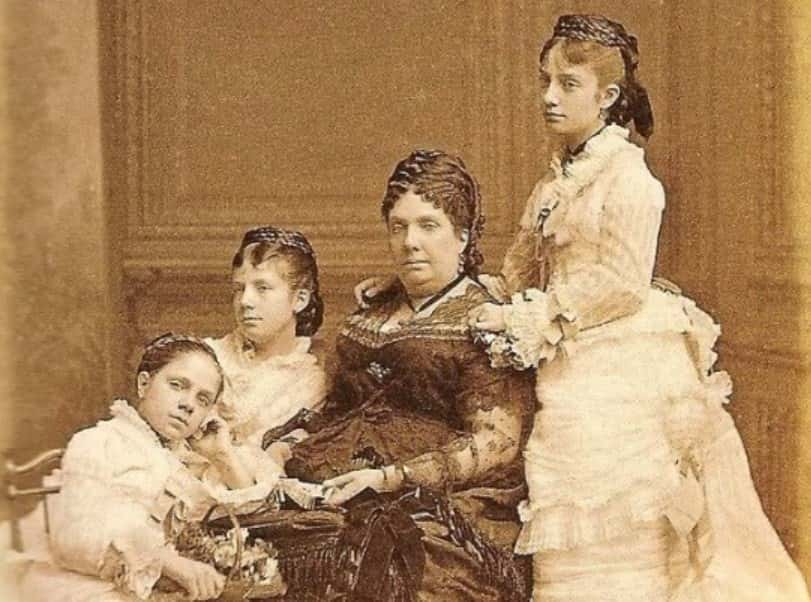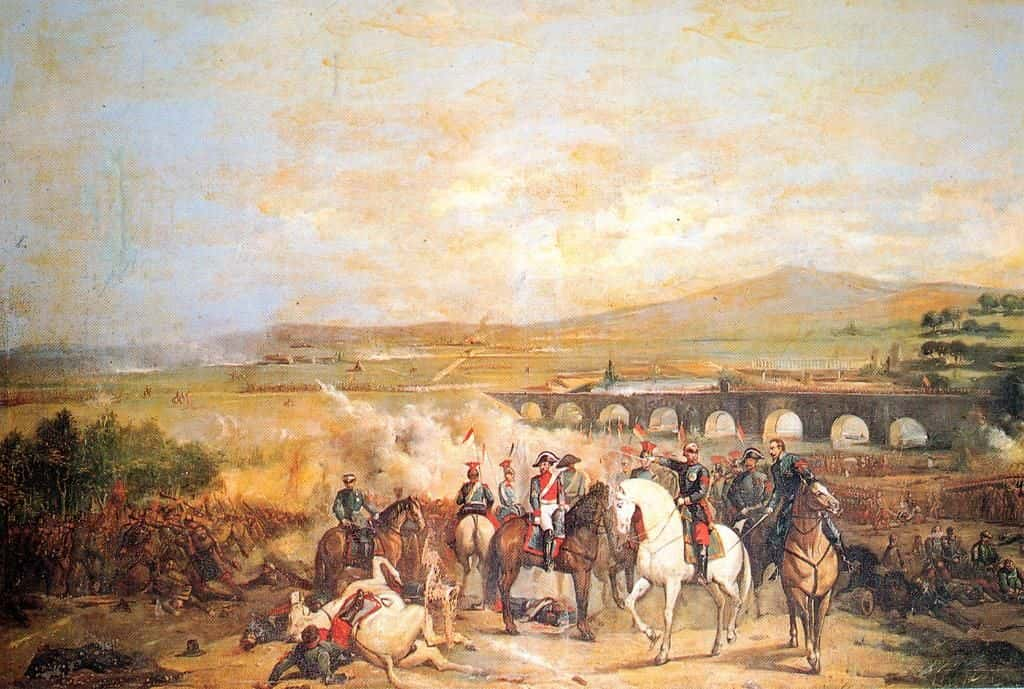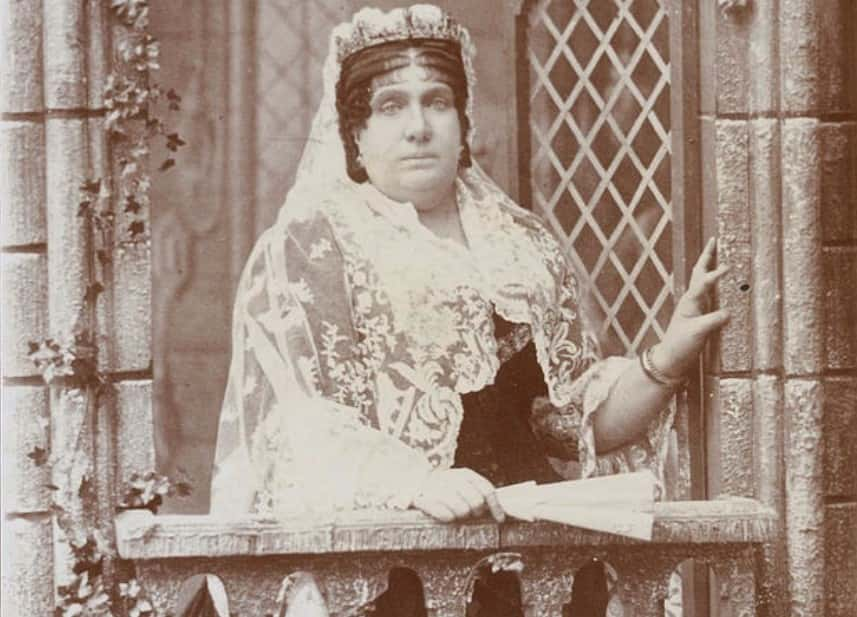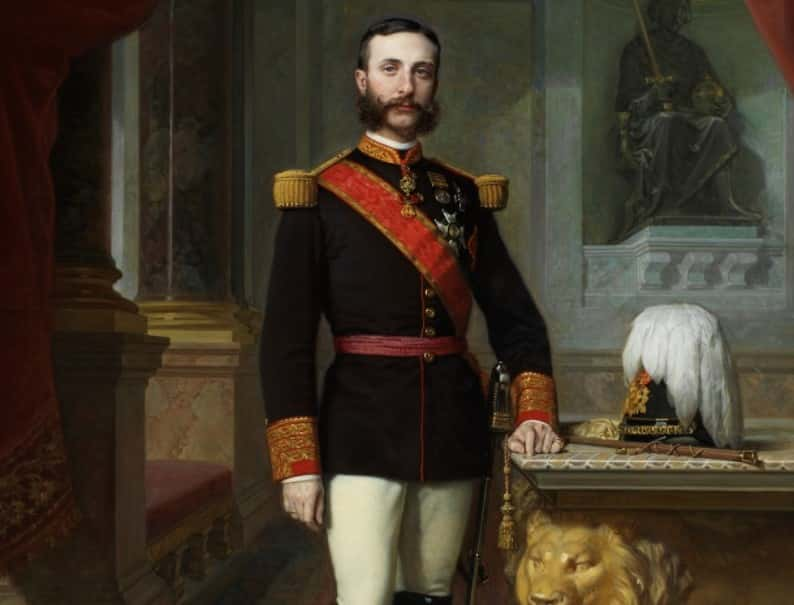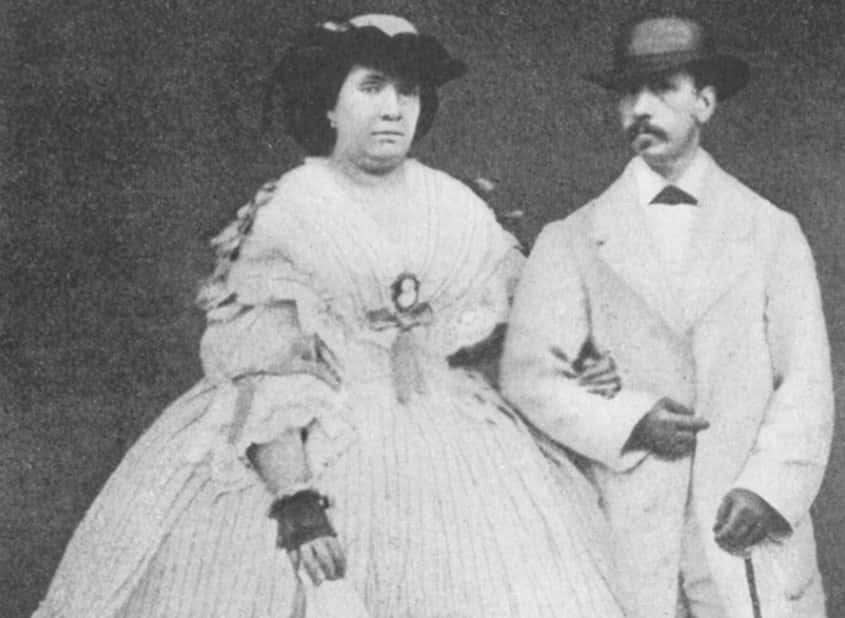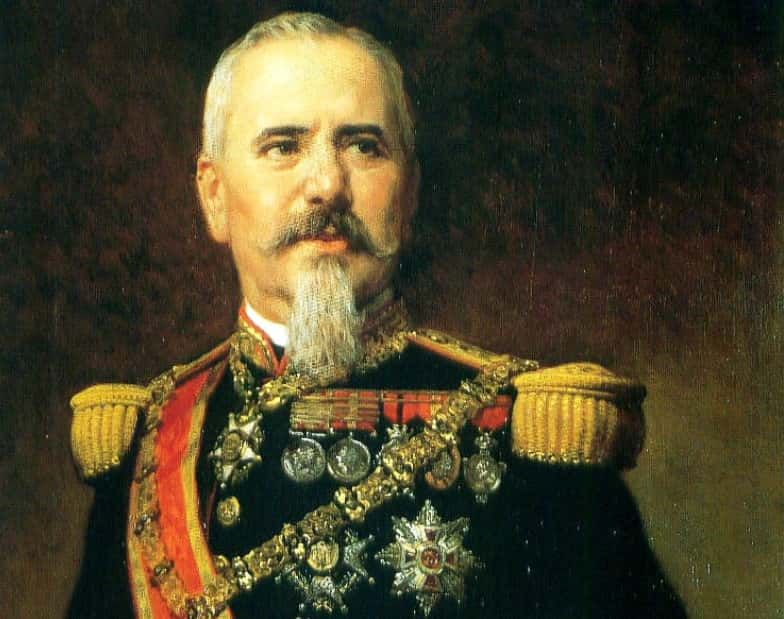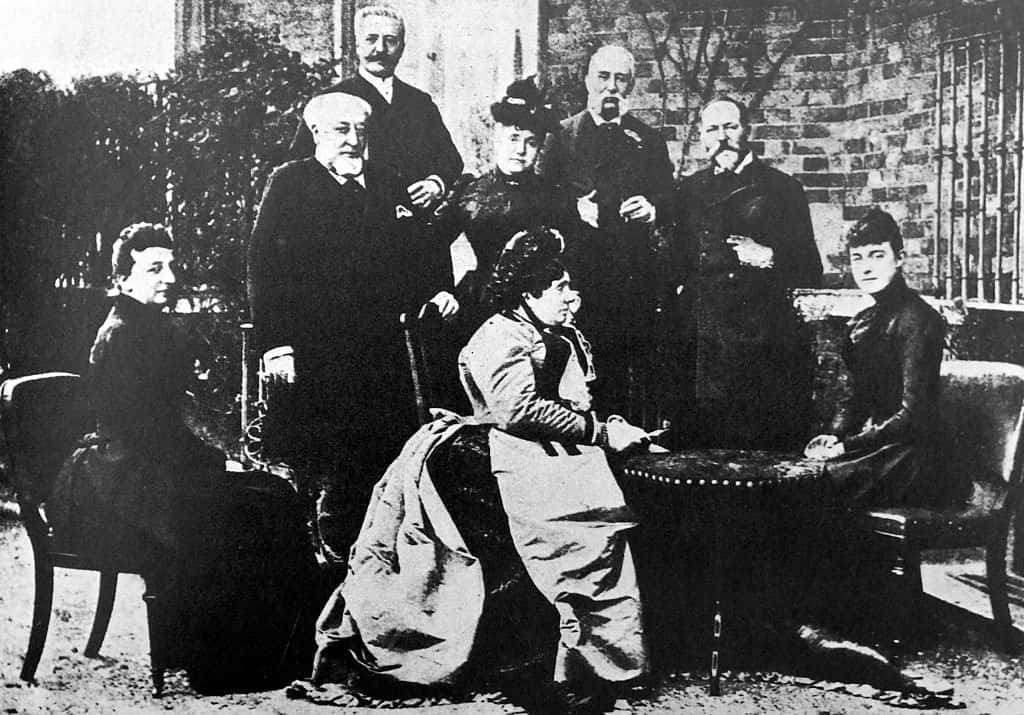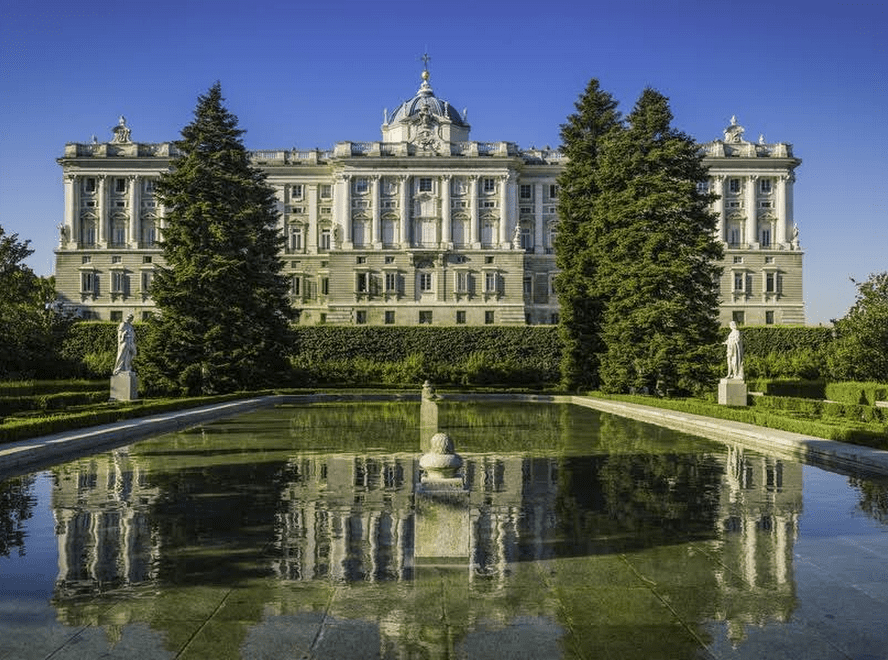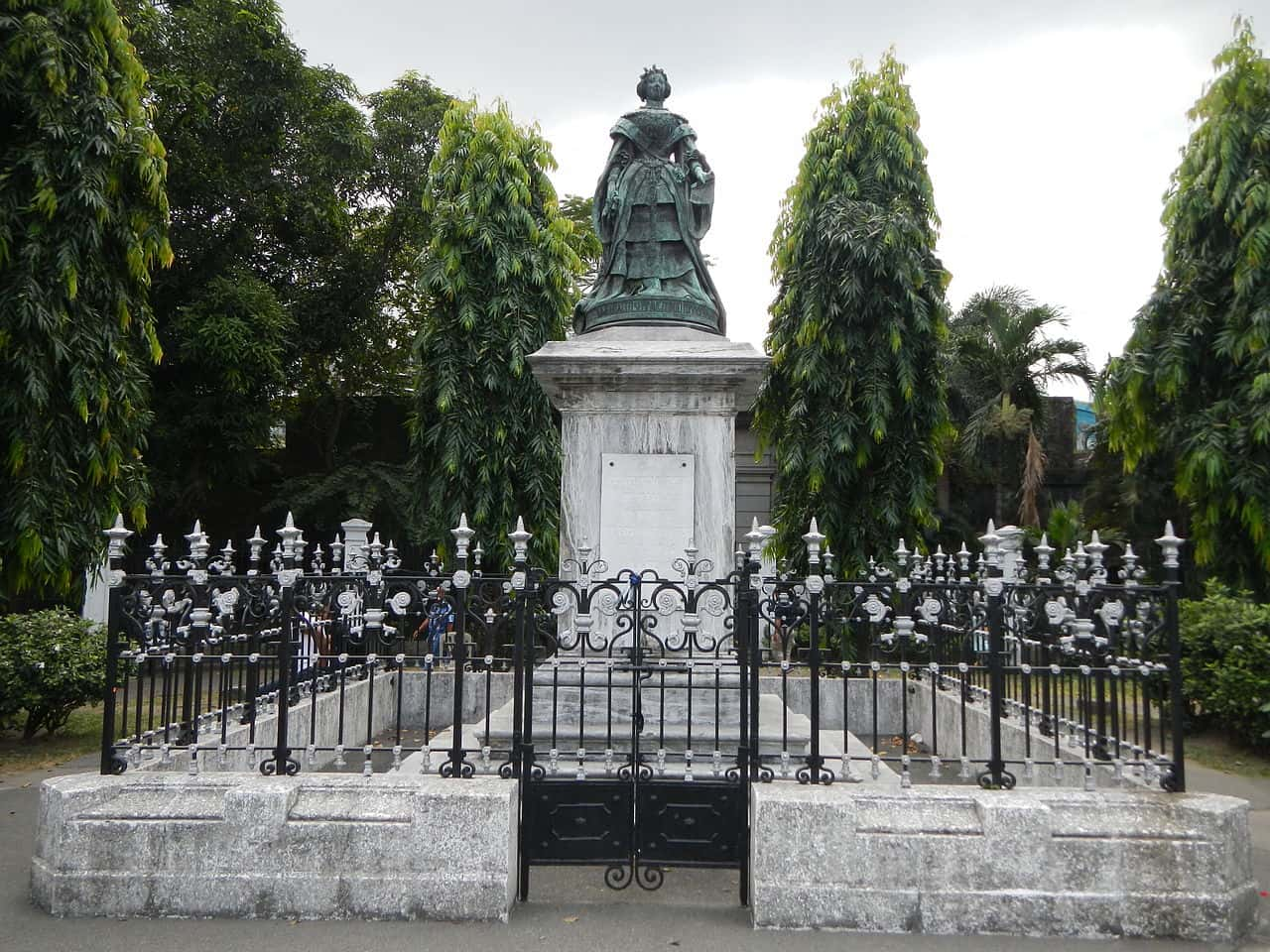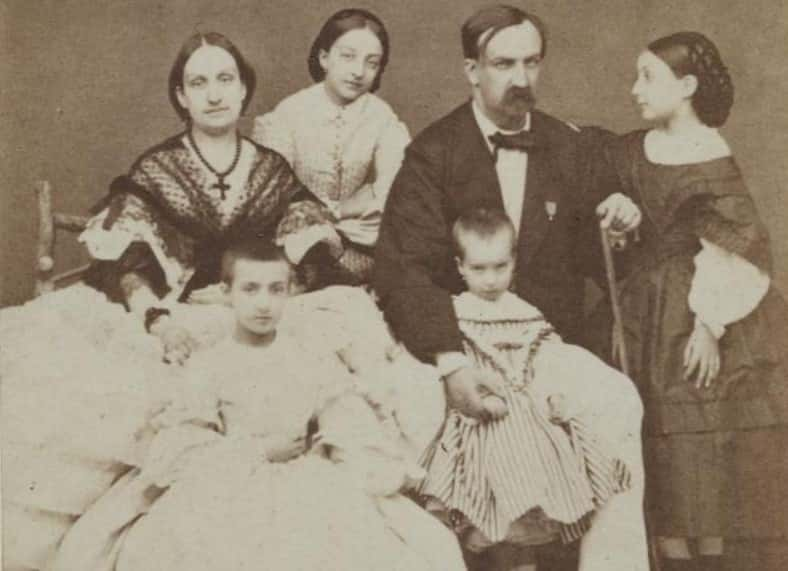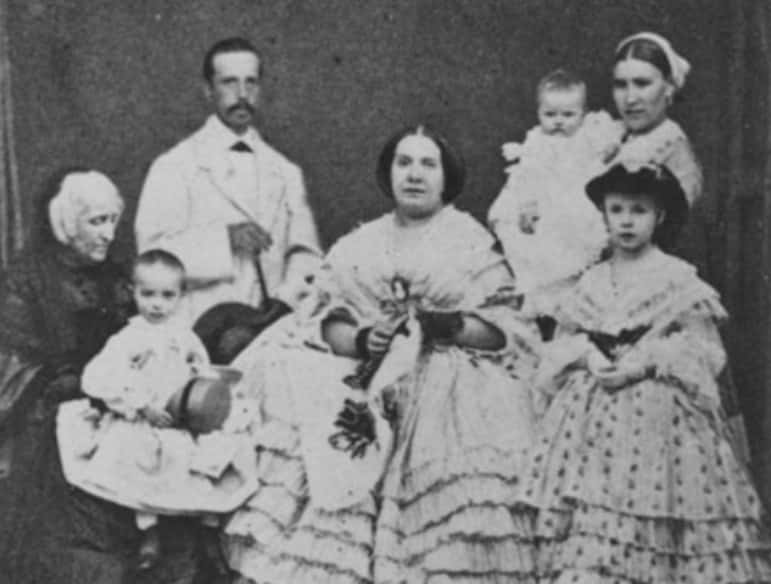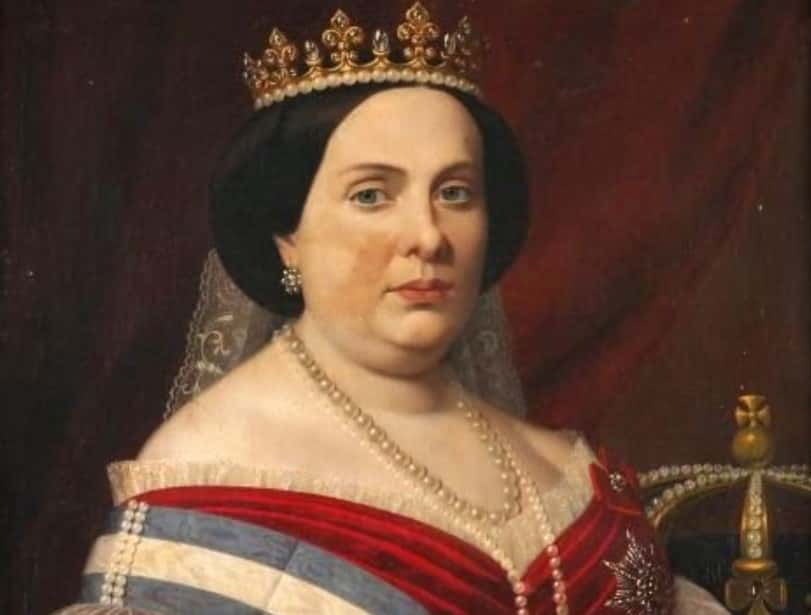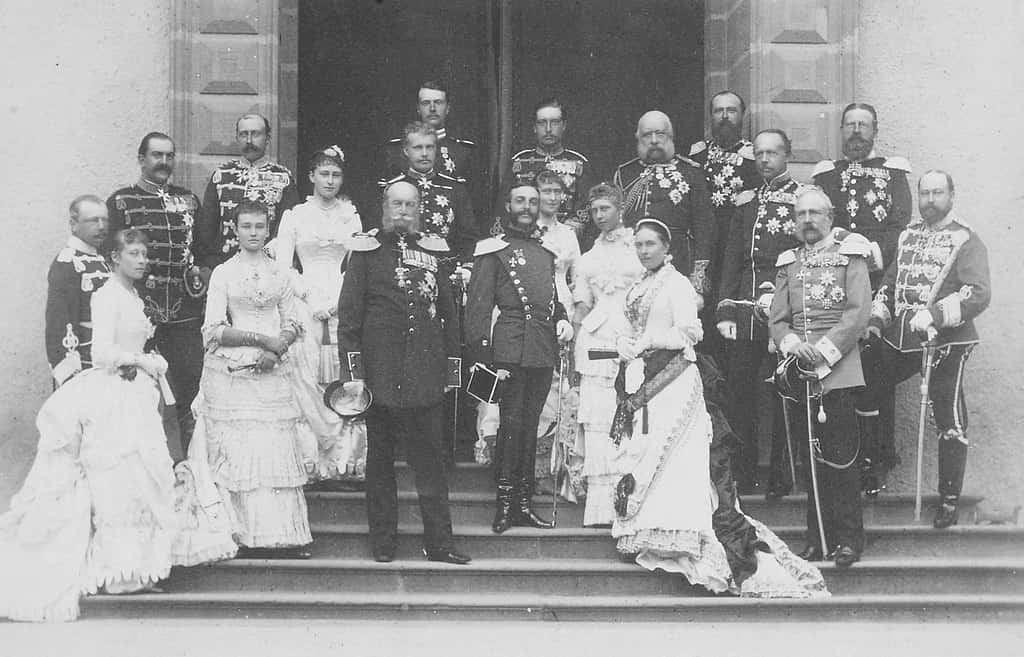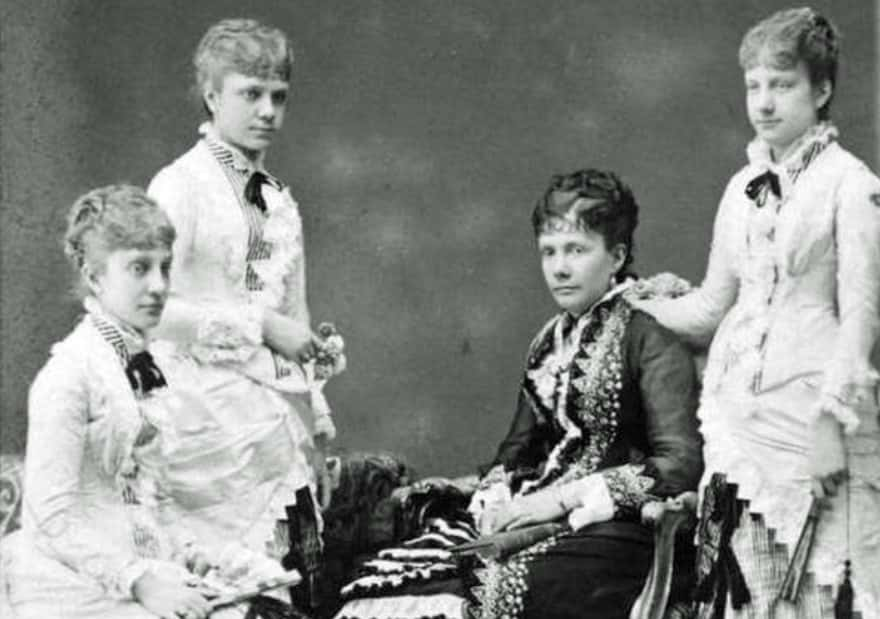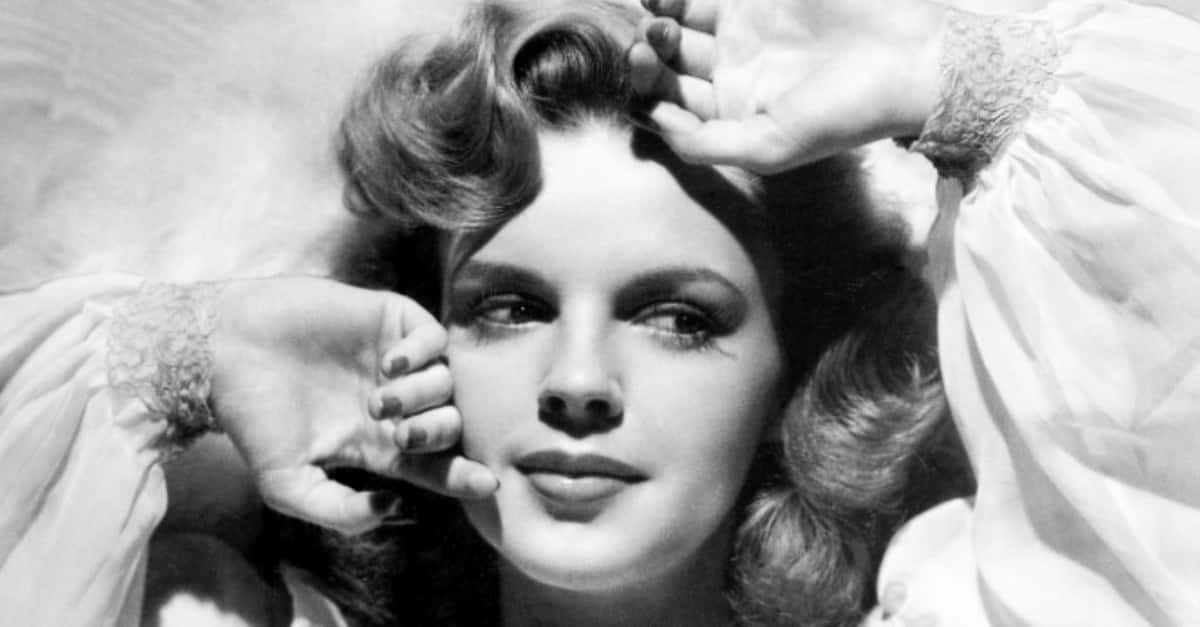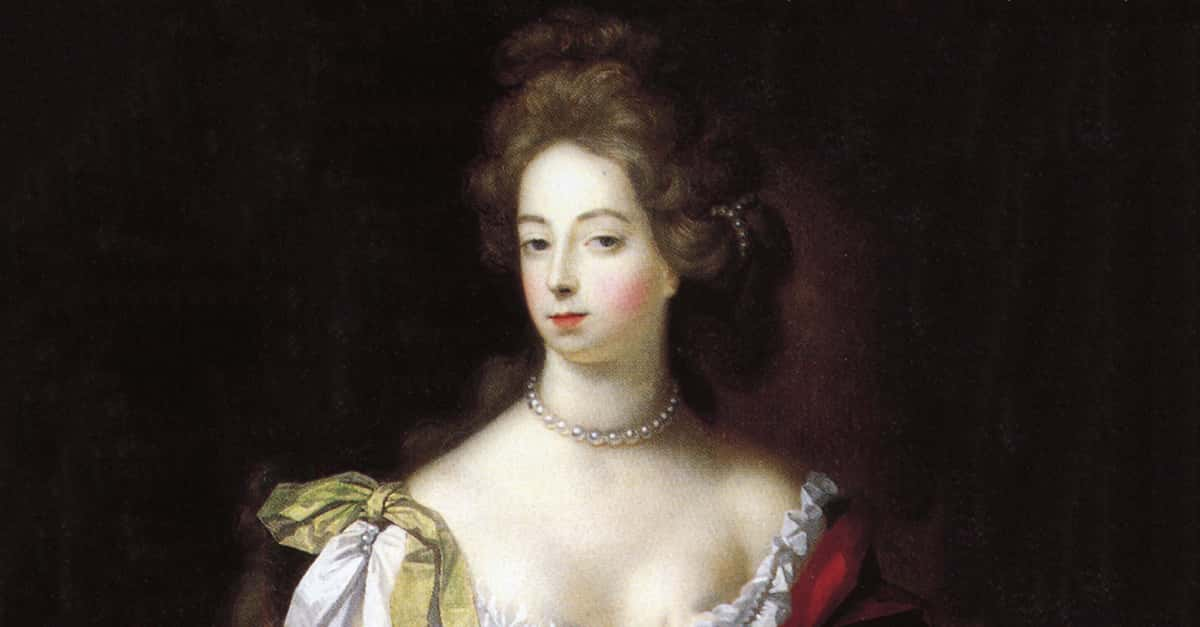How in the world does someone gain a title like “The Queen of Sad Mischance?” You only need to take a brief look at the life of Queen Isabella II of Spain to see exactly how. Born in one of the most politically turbulent times of Spain’s history, Queen Isabella II’s life was stacked against her from the start—and her inability to rule only made things worse.
This Queen’s life is a tale of heartbreak, intrigue, and countless betrayals.
1. She Had A Disastrous Start
Isabella II’s life didn’t exactly have the most amazing start. Born on October 10, 1830, Isabella’s father was the problematic King Ferdinand VII of Spain, who some historians describe as “incompetent, despotic, and short-sighted". Her mom was Queen María Cristina, Ferdinand’s fourth wife (yikes!) and niece (double yikes!). Why did Isabella’s dad marry his own niece, you ask? The answer is simple, though incredibly messed-up.
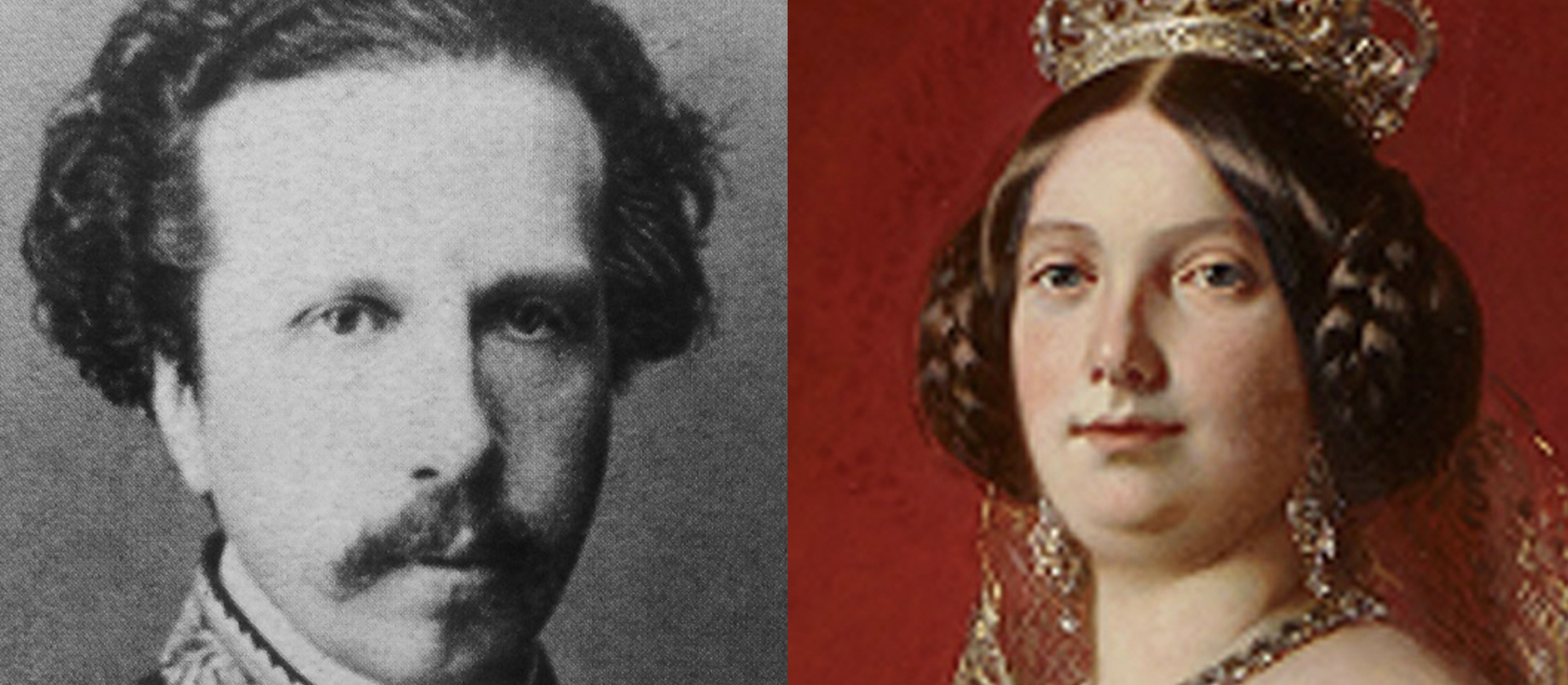
2. She Was The Product Of Desperation
You see, Isabella’s dad desperately needed an heir—a male heir, to be exact—and none of his previous wives managed to produce one. Marrying María Cristina was the aging Ferdinand’s last chance at producing an heir, so you can imagine how incredibly disappointed Isabella II’s dad must’ve been when she popped into the world—a baby girl through and through.
Isabella’s dear old dad wasn’t going to throw in the towel though. Instead, he did something that completely changed Isabella’s life.
3. She Was Destined For Power
Isabella’s dad ratified a decree that allowed her and her younger sister, Luisa Fernanda, to inherit the Spanish throne. Thanks to his decree, Isabella was on track to receive a powerful, prestigious position, instead of being mere arm candy to the son of a royal house. Pretty sweet deal, right? Unfortunately, this wasn’t the case for young Isabella.
By becoming first in line to the throne, Isabella acquired a dangerous enemy before she turned three years old.
4. She Had A Close Enemy
Before Isabella came along, someone else was first in line for the throne. That person was her uncle, the Infante Carlos María Isidro of Spain. Thanks to Isabella’s father, dear uncle Carlos was suddenly displaced from the line of succession, and boy was he unhappy about it. In April 1833, Isabella’s dad demanded Carlos swear allegiance to the young princess.
Not only did Isabella’s uncle refuse, but he took things one step further.
5. Her World Turned Upside Down
On September 29, 1833, Isabella’s dad lost his life. From that moment on, Isabella's world drastically changed. She became Spain’s sovereign, with her mother as regent. Two days later, Isabella’s uncle Carlos shocked her by declaring himself the sovereign of Spain, and even went so far as to confirm government officials. Thus began a long, seven-year battle between Isabella and her uncle.
Luckily, the odds were in the Queen's favor for one salient reason—and it kept her royal bottom comfortably seated on the Spanish throne.
6. She Was Unstoppable
Simply put, Isabella’s army far outmatched her uncle’s. While their forces clashed again and again between 1834 and 1839, Isabella’s uncle failed to oust his young niece from the Spanish court. Thanks to her loyal supporters, she held onto her royal title, despite the fact that some contested her position. Now, all Isabella had to do was wait until she came of age…What could possibly go wrong before then?
7. She Lost Her Mother
In 1840, Isabella suffered a shocking loss. News of her mother’s secret marriage to a low-ranking officer went public, making her deeply unpopular. This, combined with the political unrest sweeping through Spain, caused Isabella’s army to turn against her own mother. They demanded that she step aside as regent. Isabella’s mother agreed; she left Spain, leaving Isabella’s fate in the hands of a powerful man in court.
8. She Found A Loyal Supporter
A commander named Baldomero Espartero took up the position as Isabella’s regent. To be fair, Espartero was one of the most ardent defenders of Isabella’s claim to the throne, and seemed to have every intention of stepping aside for Isabella as soon as she came of age. Unfortunately, political tensions and uprisings within Spain forced Espartero to give power back to young Isabella much earlier than either of them expected.
9. She Became A Child Queen
In 1843, two prominent Spanish generals (Leopoldo O’Donnell and Ramón María Narváez) deposed Espartero in a coup d’état, leaving Isabella without a powerful supporter. They formed their own government, and forced the parliament to declare Isabella of age to take the throne on November 10, 1843…at just 13 years old! This trapped her in a dangerous game of political treachery and manipulation.
10. She Had No Real Power
By putting young Isabella on the throne, the government began manipulating her into signing laws as they saw fit, and she was simply too inexperienced to fight back. This is what allegedly happened on November 28, 1843, mere weeks after Isabella “took the throne". Allegedly, a member of parliament forced Isabella to sign a royal decree to dissolve parliament, showing just how little power the new queen truly had.
The situation was bleaker than ever—but it was only going to get worse.
11. They Tried To Help Her
In 1844, Isabella received what looked like a stroke of good fortune. General Narváez (who supported the Queen, despite deposing Expartero), enacted a series of reforms that reinforced the power of the monarch, balancing the power of the Queen with the powers of parliament. In theory, Isabella no longer had to worry about parliament walking all over her. In reality, things played out quite a bit differently for the poor queen.
12. She Had A Disastrous Love Life
Despite her newly-gained political power, there was one area in which Isabella had very little control—her love life. Not only did she have parliament breathing down her neck about finding a husband ASAP, but she also had France and Great Britain foisting their own marriage candidates upon her as well. Needless to say, the meddling from France, Great Britain, and Spain took its toll on Isabella, and the man she ended up with satisfied no one.
13. They Forced Her Into Marriage
On October 10, 1846, the Moderate Party—backed by France—forced 16-year-old Isabella to marry her cousin, Francisco de Asís, Duke of Cádiz. Ironically, no one ended up liking this unfortunate pairing. Great Britain hated that France now had a new, powerful alliance. Meanwhile, the entire affair embarrassed France, even though they technically “won” in the end.
However, it was Isabella herself who was probably the most upset of all…
14. She Absolutely Hated Him
Isabella found her marriage to Francisco disgusting and was utterly repulsed by her new husband. Her wedding night only made her feel worse; when a friend asked her about it, Isabella reportedly said, “What shall I tell you about a man whom I saw wearing more lace than I was wearing on our wedding night?” A year later, the disappointed queen took her love life into her own hands.
15. She Made A Near-Fatal Mistake
In 1847, Isabella made a reckless move that nearly ended her reign early. She publicly displayed her love for a man named General Francisco Serrano, and declared that she was more than willing to divorce her husband. The scandal rocked Spain’s political world and badly shook her supporters’ confidence in their queen, but Isabella had plenty of reasons to divorce her cousin.
16. They Whisked Her Lover Away
You see, Isabella husband wasn’t just effeminate (which, according to Isabella, was a huge no-no), but he was also rumored to be impotent and gay. Marrying a man like Serrano, who actually fought for Isabella against her uncle, probably made perfect sense to the young queen. This didn’t happen. Instead, she endured a heartbreaking turn of events.
Serrano received a reassignment, putting him far out of the queen’s reach. But this only made Isabella act out more.
17. She Was Outrageous
Although Isabella's antics probably cost her political advisors many sleepless nights, the populace adored her for her apparent generosity. For example, on April 23, 1848, Isabella forgave a debt of over 100,000,000 reales owed to her by the state, declaring that, “The future doesn’t matter to me". She even donated diamonds to the poor.
In fact, she started giving away so much money that one of her ministers finally put his foot down in a very dramatic fashion.
18. She Had No Self-Control
Isabella seemed to have no idea just how much money she was throwing away. One day, she offered a donation so outlandish, so outrageous, that one of her ministers insisted that she see for herself how many coins she was willing to donate. He brought the sum she wanted to donate and laid it out on the table; the resulting mountain of coins blew Isabella away.
That didn’t stop her from spending money like there was no tomorrow, though.
19. She Was A Party Girl
When Isabella wasn’t giving away all the gold in Spain’s coffers, she spent her money on balls, the theater, and other things that brought her happiness. The amount that she spent alienated those close to her, as well as some of her political supporters. Although those outside of the capital remained loyal to her, the politicians at her side decided that enough was enough.
If Isabella wasn’t going to govern, they would get someone who would.
20. She Lived A Lie
Isabella’s behavior, along with the advent of another revolution that rocked Spain, resulted in the appointment of Narváez as dictator. In addition to suppressing further uprisings, Narváez took it upon himself to create the illusion of a happy marriage between Isabella and Francisco. To some extent, this worked; on July 11, 1850, Isabella gave birth to a son, but tragedy struck almost as soon as the baby boy was born.
21. She Suffered A Devastating Loss
Isabella named her son Fernando, but the boy only lived for a few moments before tragically dying. Despite this heavy loss, Narváez forced Isabella and her husband to act as if nothing was amiss. The next year, on December 20, 1851, Isabella gave birth to Maria Isabel Francisca, finally giving Spain an heir to the throne…But not everyone celebrated the birth of Isabella’s baby girl.
22. She Cheated On Him
Due to her husband’s alleged impotency and homosexuality, many suspected that the father of Isabella’s newborn daughter was not Francisco. In fact, historians suspect that Isabella’s daughter was the product of a union between Isabella and an aristocratic lover named José Ruiz de Arana y Saavedra. This only served to further erode trust in the Spanish Queen, leading to a fateful encounter that nearly ended her reign.
23. She Had A Close Call
On February 2, 1852, Queen Isabella II—along with members of her royal guard—was leaving the Chapel of the Royal Palace when an ordained priest approached her. He claimed to have a message for her. When he got within arms reach of Isabella, he suddenly lunged at her, knife in hand. The blade ripped through her dress, sending the Queen and her entourage into shock. When the shock lifted, everyone sprung into action.
24. Lady Luck Kept Her Alive
Members of the royal guard descended on the priest, unceremoniously executing the man. In a surprise twist, Isabella herself was perfectly fine. The gold embroidery of her dress and the material of her corset actually protected her chest, forcing the priest’s blade to slide off and inflict a minor cut by her stomach. While Isabella’s life remained safe (for now), this was a sign of dark days to come.
25. Her Reign Was Chaotic
By 1854, the political state of Queen Isabella’s country was in tatters. A mixture of policy failures, corruption, and religious unrest resulted in another coup d’état; this time, the leaders of the coup wanted Isabella to oust the current government and promise new, progressive reforms. The coup wasn’t entirely successful, and the resulting confusion forced Isabella to make a decision that decided her country’s future.
26. They Turned Against Her
On June 28, 1854, General Leopoldo O’Donnell joined forces with Isabella’s ex-lover, General Serrano, and issued a manifesto to Queen Isabella II of Spain. In the manifesto, they declared their loyalty to her but warned her of the corruption that surrounded her. Isabella needed to stamp out this corruption, they declared, in order to protect the populace.
And the populace showed their agreement in ways that likely terrified her to death.
27. She Gave In To Their Demands
After generals passed the manifesto out to Isabella’s people, chaos erupted. On July 17, 1854, civilians took to the streets of Madrid and other major cities, and their actions were far from peaceful. The resulting revolution endangered several key people close to Isabella, including her own mother. With little choice, Isabella accepted the demands of the manifesto, starting a new era for Spain and forcing Isabella to make some prudent—if odd—political maneuvers.
28. She Tried To Change
First, Isabella appointed General Espartero, her popular and charismatic ex-regent, to the post of prime minister. Her new prime minister attempted to expand the freedoms and rights of her citizens, remove corruption from the political elite, and bring about economic reform. Isabella even took steps towards opening trade with foreign powers.
Unfortunately, Isabella’s good intentions didn’t manifest in the ways she intended.
29. She Totally Failed
These new changes resulted in widespread instability and conflict. In July 1856, General O’Donnell enacted another coup; this time, he bypassed poor Isabella entirely and appointed himself prime minister. This wasn’t entirely a bad thing though; under O’Donnell, Isabella’s rule stabilized, and an economic boom further solidified the queen’s political footing. But the changes didn't end there.
The next year also brought about another exciting chapter for Isabella.
30. She Had A Favorite Child
On November 28, 1857, Queen Isabella gave birth to a male heir, who she named Alfonso Francisco de Asís Fernando Pío Juan María Gregorio y Pelagio. Aside from his extraordinarily long name, Isabella’s baby boy faced another problem: his dad probably wasn’t Francisco. Nonetheless, Isabella adored the child, and the boy even displaced Isabella’s eldest daughter as heir to the throne.
Finally, the queen was on a roll—and good fortune surprised her around every corner.
31. She Won Some Of Her Fights
The following decade saw major wins for Isabella II. Her forces defeated Morocco in 1860, resulting in an advantageous treaty for Isabella’s country. Her reign also resulted in the country’s retaking of Santo Domingo at the end of a four-year conflict. Although Isabella’s men lost in a conflict against Peru and Chile in 1866, things for Isabella II were relatively okay.
The summer of 1866, however, brought a host of new problems for Isabella.
32. She Gained Another Enemy
It wouldn’t be an exciting reign without a conspiracy or two, and Isabella's rule was no exception. In August 1866, a marshall named Juan Prim gathered exiled politicians together in an attempt to overthrow Isabella. From that day on, Prim became a major thorn in Isabella’s side…But sadly, he wasn’t the biggest problem that Isabella had on her hands.
33. Her Life Fell Apart
By 1868, Isabella’s situation was dire: She could barely hold down the government, she worried over countless conspiracies against her very life, and she faced health problems and obesity. Still, that wasn't the worst of it. In addition to these troubles, she also had to contend with her sister Luisa Fernanda's brutal betrayal. Surprisingly, Luisa wasn’t trying to get the throne for herself.
In fact, Isabella's sneaky sibling had someone else in mind for the Spanish throne.
34. She Faced Brutal Betrayal
Who did Isabella’s sister want on the throne? Why, none other than her own husband, Antoine d'Orléans, of course! To that end, Isabella’s brother-in-law did everything he could to undermine Isabella’s rule, which included supporting Prim’s attempts at overthrowing the Spanish Queen. The relationship between Isabella and her sister was, to put it mildly, a tad tense. Soon, these tensions came to a head in a spectacular fashion.
35. She Sent Them Away
On July 7, 1868, Queen Isabella put her foot down. She banished both her sister and her brother-in-law from Spain, determined to keep the two co-conspirators far, far away from her. She might’ve thought that their banishment meant no one else would dare try to cross her, but she couldn’t have been more wrong. In September of that same year, the conspiracies against Isabella came right back to haunt her.
36. Her Forces Turned On Her
On September 18, 1868, Prim, with the help of an admiral loyal to Isabella's brother-in-law, successfully led a coup against the queen. Much of Spain’s forces defected and joined Prim, ready to help the revolutionaries to depose the queen. However, without popular support, there was no way for the revolutionaries to overthrow Isabella, so she had nothing to worry about…Right? WRONG.
37. Her People Turned On Her
Unfortunately for Isabella, the popularity she had earlier in her rule had well and truly waned. Her refusal to back any one particular political party within her government only served to make everyone angry, and her inability to stamp out corruption within her ranks only made her seem incompetent. The people wanted a new monarch, which meant Isabella had to go.
Desperate, the bitter queen made one last-ditch effort to hang onto power.
38. She Tried To Defend Herself
On September 28, 1868, Isabella brought her forces to battle. Her men and the revolutionaries—ironically led by her ex-lover, General Serrano—clashed over a bridge above the Guadalquivir river in the town of Alcolea. Her show of force, however, was all for naught. After a brief battle, Isabella’s ex-lover came out on top. The queen's 35-year reign was over, and her future was terribly uncertain.
39. She Fled The Country
On September 30, two days after her fateful final clash with Serrano, both Isabella and her husband boarded a train for France. Once in France, she spent five short weeks planning out her family’s future in Paris, before hastily making her way to the French capital on November 8. She and her family were now in exile, but even then, she couldn’t escape the politics of Spain.
40. She Gave It All Away
On July 25, 1870, politicians in favor of restoring Isabella’s family to power went to the former queen with a demand: They wanted her to renounce her dynastic right in favor of her son, Alfonso. Unlike Isabella, Alfonso was better educated and cultured; in the eyes of the Spanish politicians, he would make an ideal Spanish king. The former Queen Isabella II of Spain relented.
It wasn’t all bad news for the exiled Queen, however.
41. She Made A Surprising Decision
Now that she no longer had a say in Spanish politics, Isabella was free to formally separate from her husband. In 1871, she even made the shocking decision to reconcile with her brother-in-law, despite the fact that he tried numerous times to depose her. In fact, Isabella’s brother-in-law was now in charge of her family’s management. Then, four years later, the exiled queen received some shocking news.
42. Her Son Went Back Home
On December 29, 1874, a successful Spanish coup enacted by General Arsenio Martínez Campos resulted in the restoration of the monarchy. Isabella’s son formally ascended to the throne, and finally stepped back onto Spanish soil on January 9, 1875. But if Isabella expected the same royal treatment, she was in for a rude awakening. The invitation to return to Spain did not extend to her.
43. They Banned Her From Returning
Although her son got the chance to return to his homeland, Queen Isabella did not get the opportunity to return herself—at least, not for a while. One of the most prominent figures of the new regime expressly forbade her from returning to the capital of Madrid, fearing that her reappearance would remind Spain of the old regime when the country needed to head in a new direction.
That didn’t keep the Queen away for long, though.
44. She Visited Her Home For The Last Time
Just one month after Spain announced their new constitution in 1876, Isabella finally returned to her country. However, she wasn't allowed to stay for long. Isabella managed to spend a few precious hours in Madrid, before moving on to Seville. There, she stayed for several months before returning to France. Sadly, the former Queen of Spain spent most of the rest of her life in Paris, up until her final days.
45. She Has A Fitting Title
On April 9, 1904, Queen Isabella of Spain lost her life due to complications from the flu. In accordance with her will, they entombed her in El Escorial, the royal residence located back home in Madrid. The Queen of Sad Mischance certainly earned her unfortunate moniker—disaster and corruption-plagued her life. If politics hadn’t gotten in Isabella's way, her life may have taken a radically different direction.
46. She Had A Double Wedding
When Isabella II married Francisco, she wasn’t the only one having a wedding. Her sister, Luisa Fernanda, married Antoine that exact same day in what must have been a spectacular double wedding. After the entire affair was over, historians dubbed the marriages of the two sisters—which came about due to political meddling from France and Great Britain—the “Affair of the Spanish Marriages".
47. He Controlled Her With Blackmail
Isabella had a whopping twelve pregnancies throughout her life, but tragically, only five of her children lived into adulthood. Almost no one believed the children were Francisco’s, but he recognized all of them as his own. In a dark twist, Francisco actually blackmailed the Queen into keeping her mouth shut about their children’s true parentage, and the blackmail only intensified during their exile.
48. She Had Plenty Of Lovers
Isabella had numerous lovers throughout her life: politicians, engineers, actors, and more. She took on lovers during her marriage, and you can bet she took on another one after she left Francisco for good. In 1875, the exiled Queen, freed from the expectations of the Spanish elite, openly had a relationship with Ramiro de la Puente y González Nandín, her secretary and chief of staff.
49. Her Family Had A Disturbing Tradition
Marrying cousins was a bit of a running theme in Isabella's family, and her son was no exception. However, he didn’t marry any old cousin; in a shocking twist, Isabella’s son eventually married her sister’s daughter. That’s right, the very same sister that tried to help her husband take the Spanish throne! As messed up as this was, the union was doomed to a heartbreaking end.
Six months after the wedding, Isabella's daughter-in-law/niece tragically passed.
50. They Loved Her Children
While Isabella's popularity waxed and waned throughout her turbulent rule, her two oldest children enjoyed a much more stable form of popularity among the Spanish people. Her eldest daughter, María Isabel, was the most popular member of the Spanish royal family, while Isabella’s eldest son established peace, bolstered Spain’s finances, and left the country in a strong position to deal with future disasters by the end of his short rule.
Source: 1, 2, 3, 4, 5, 6, 7, 8, 9, 10, 11, 12, 13, 14, 15, 16, 17, 18, 19, 20


